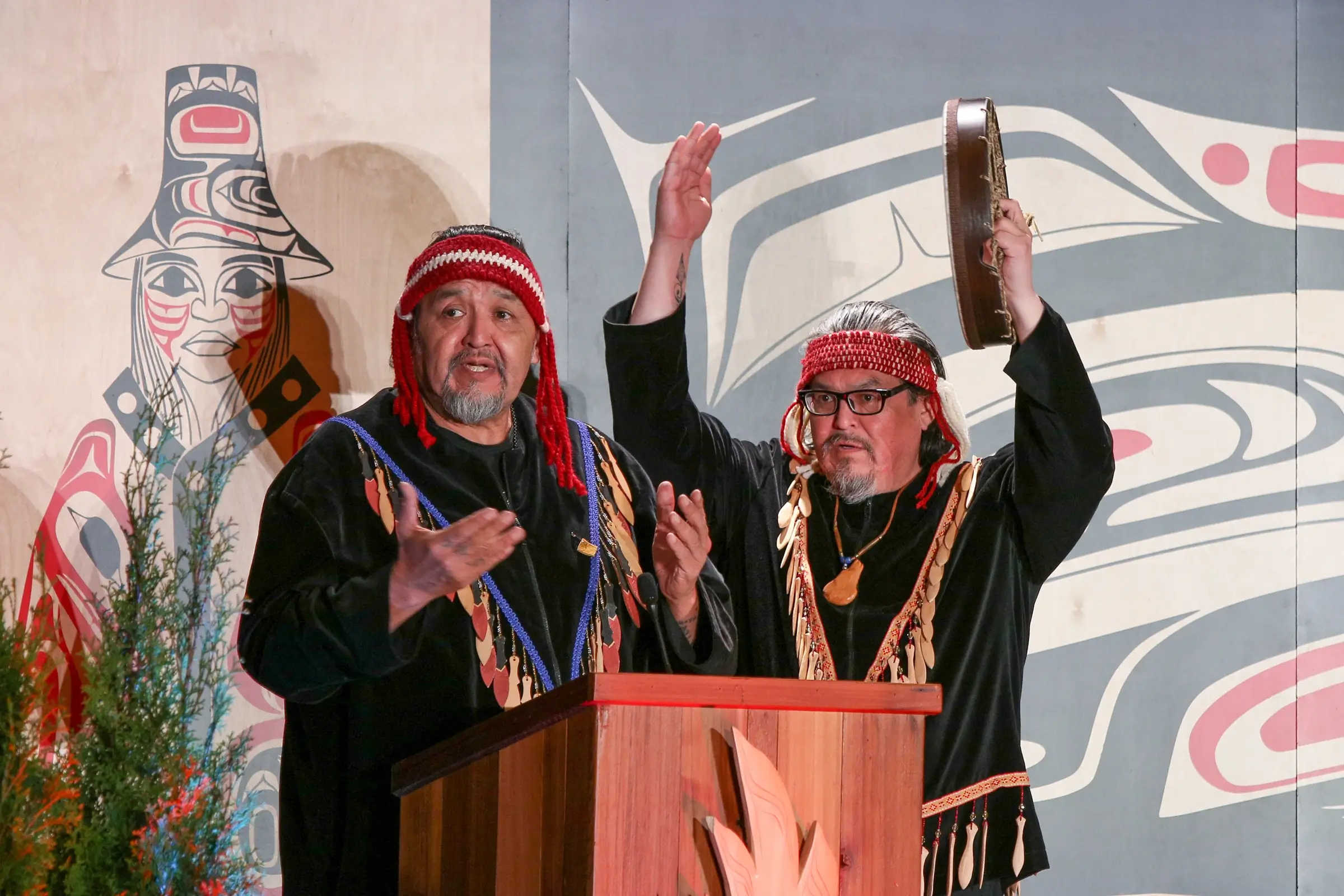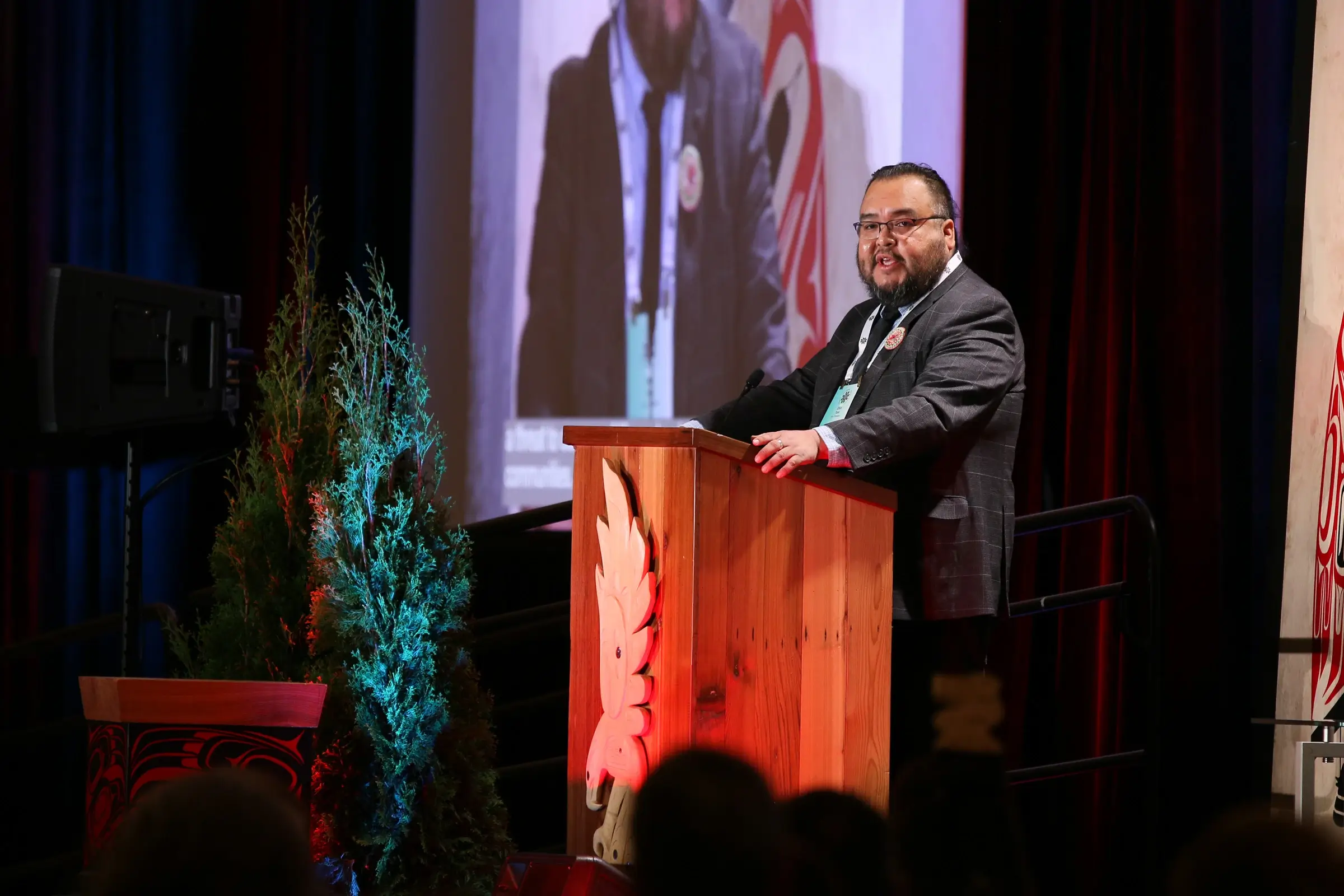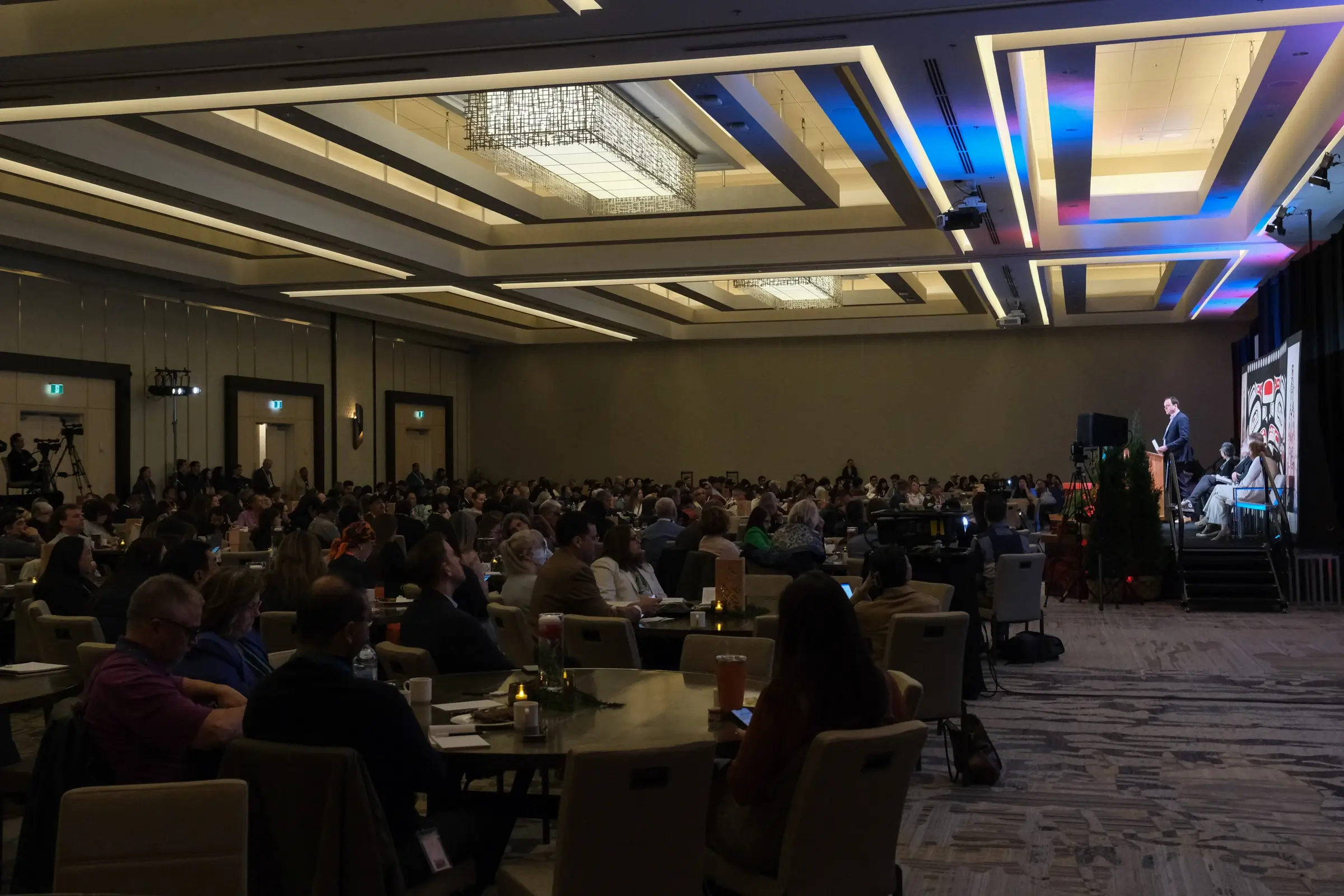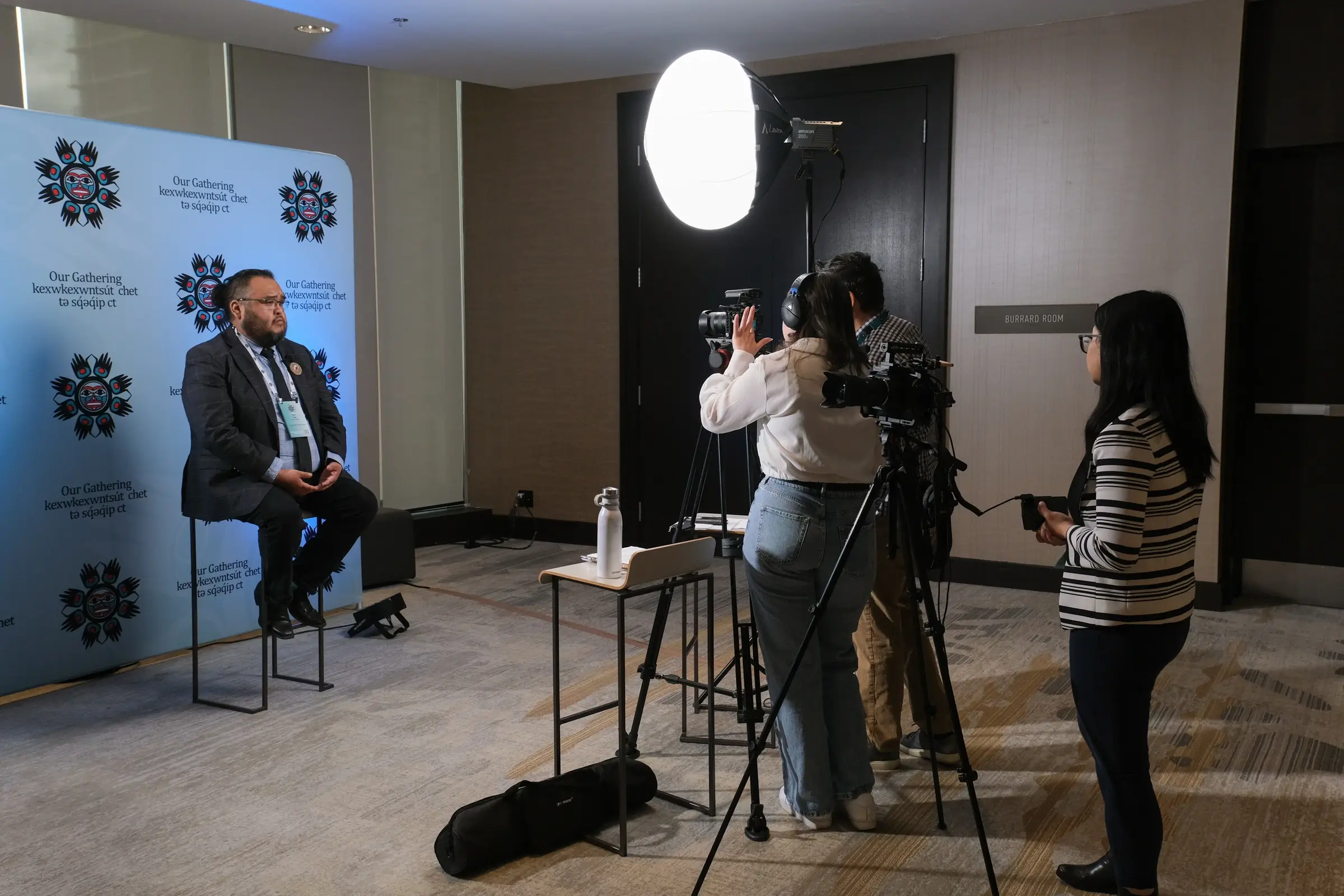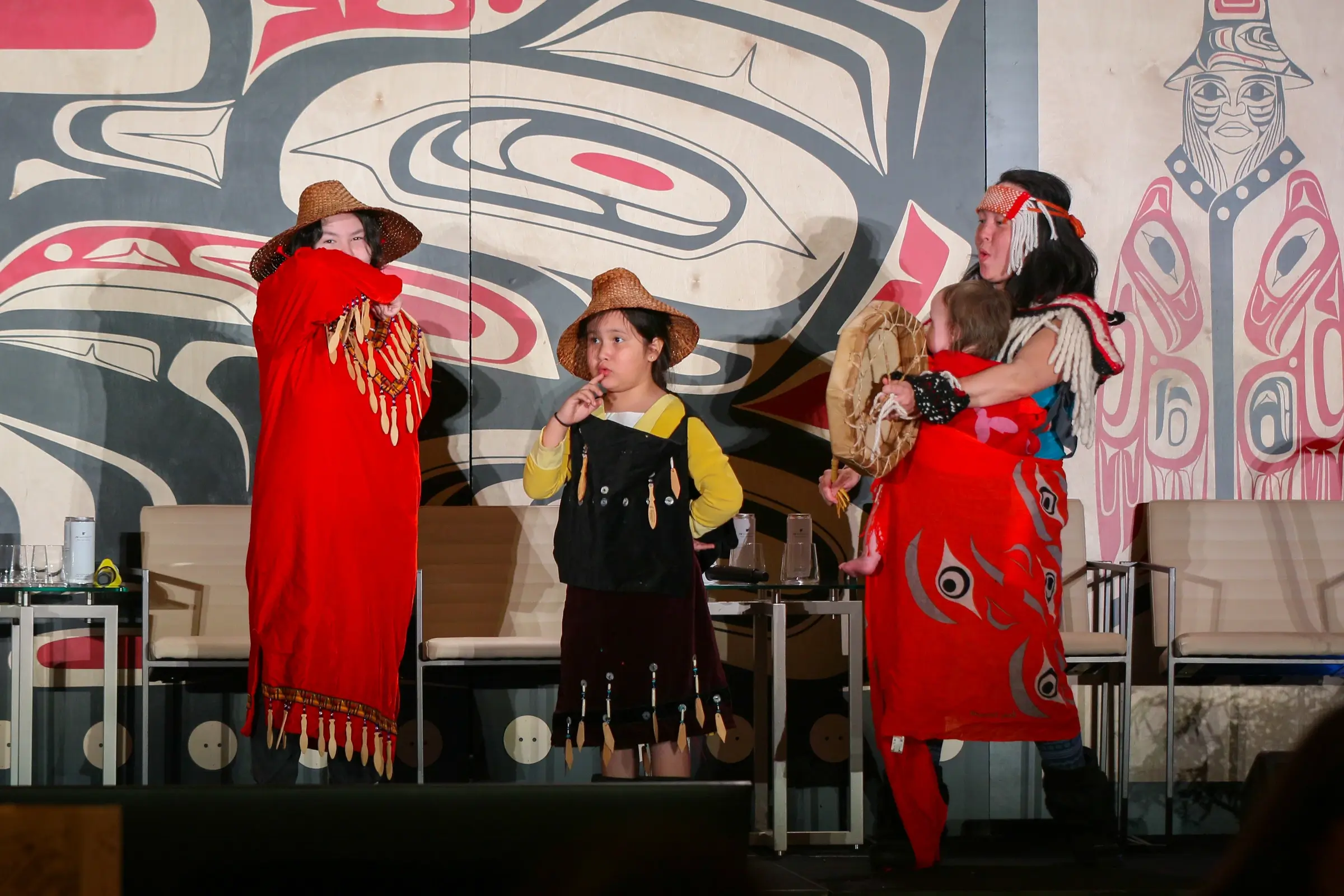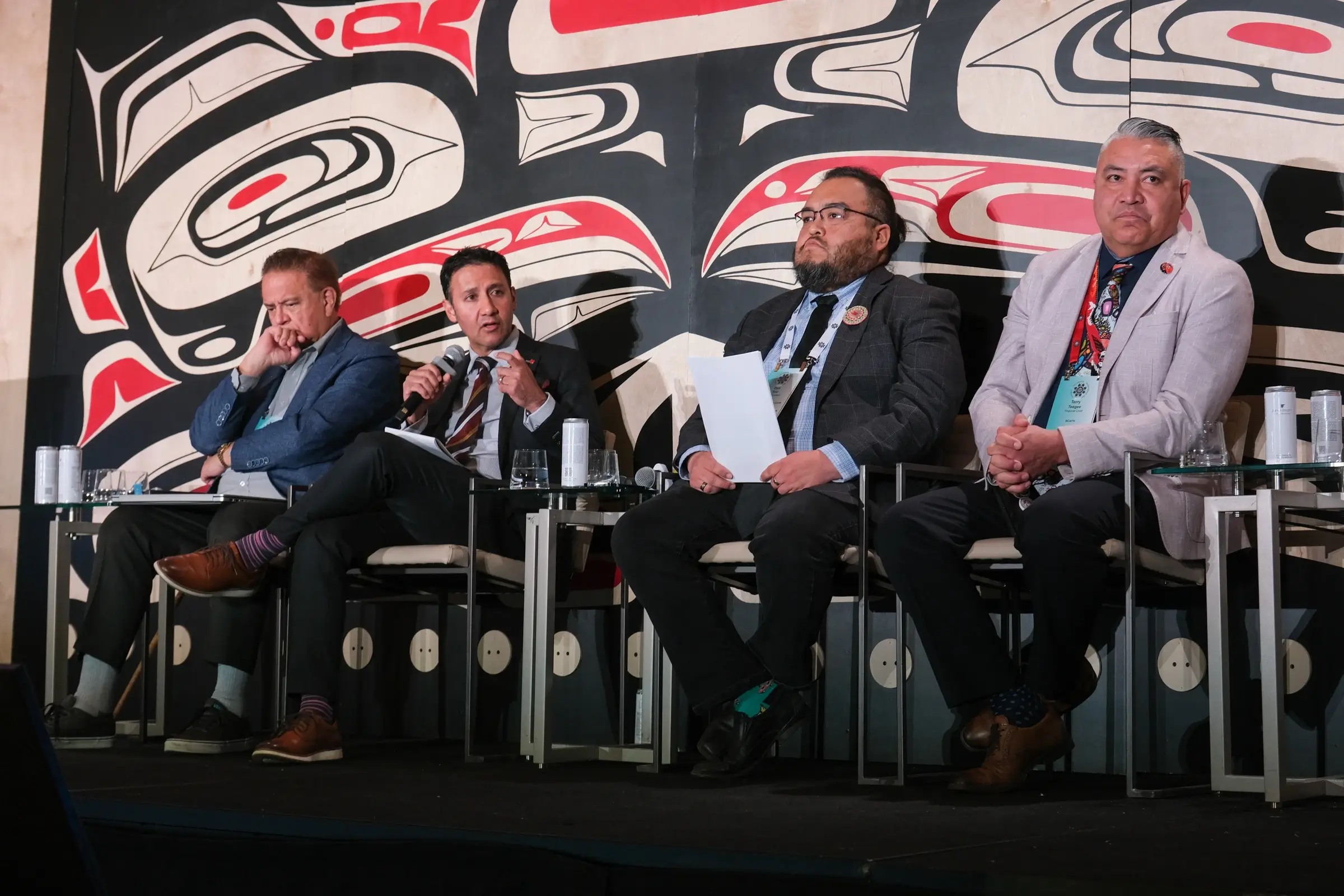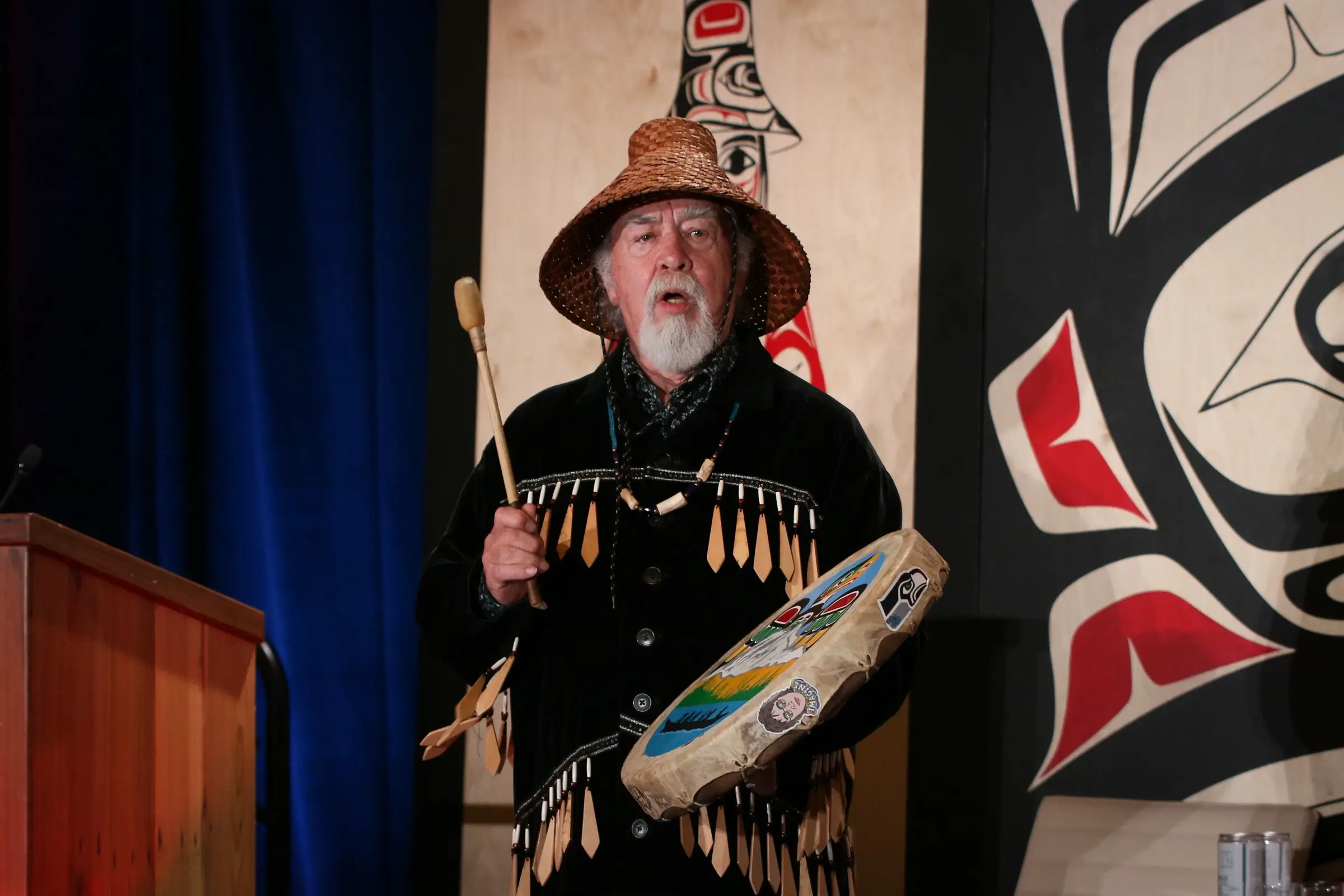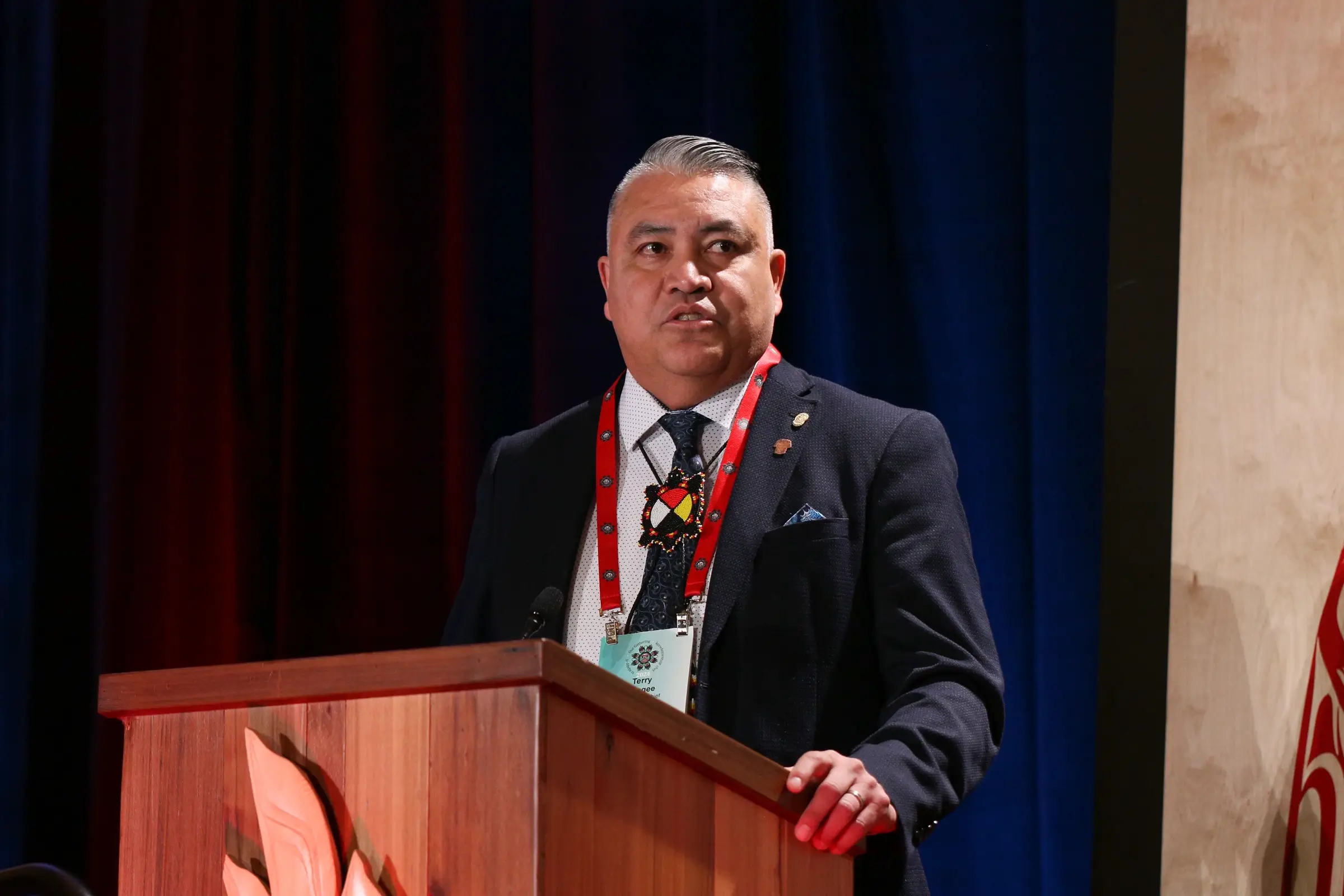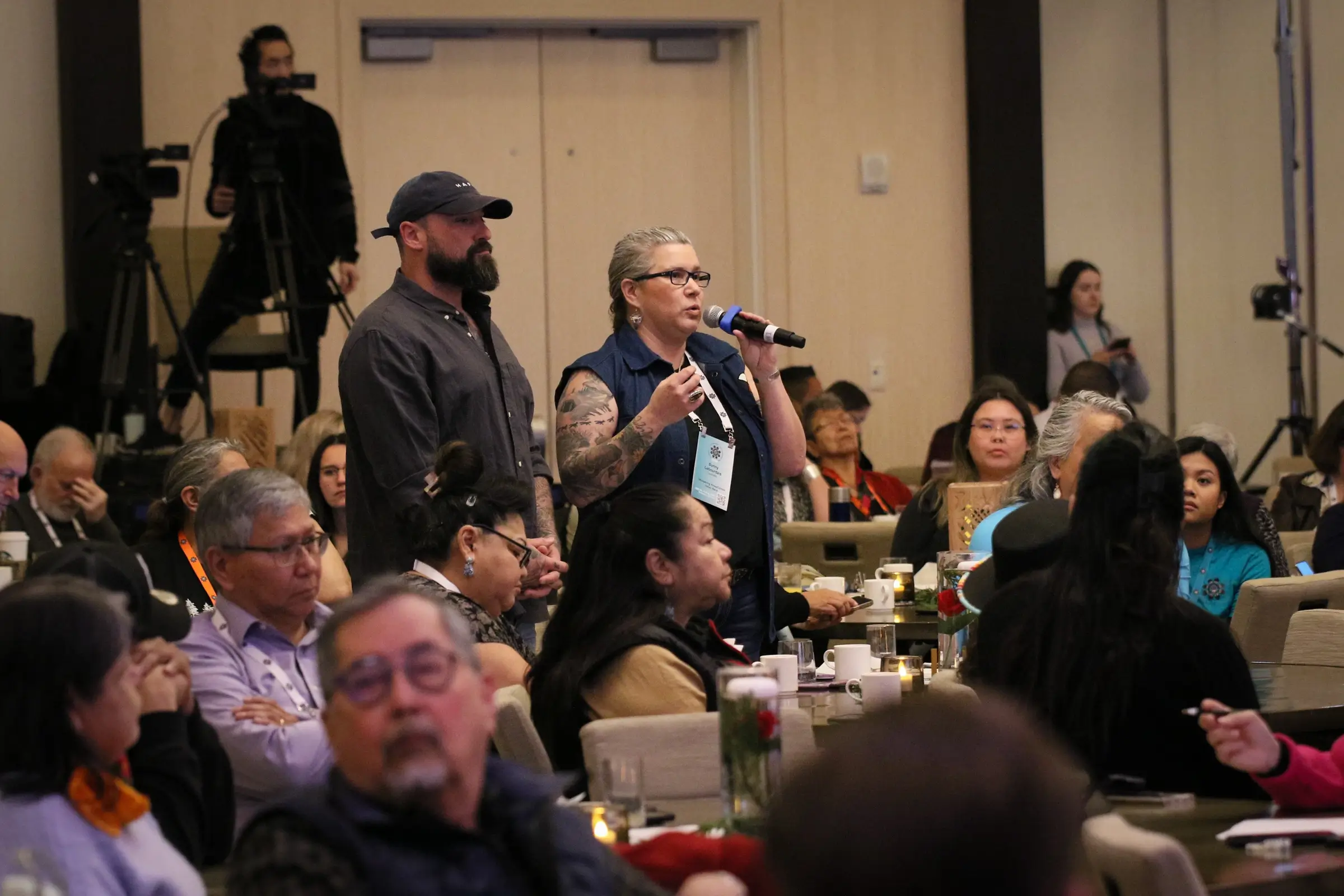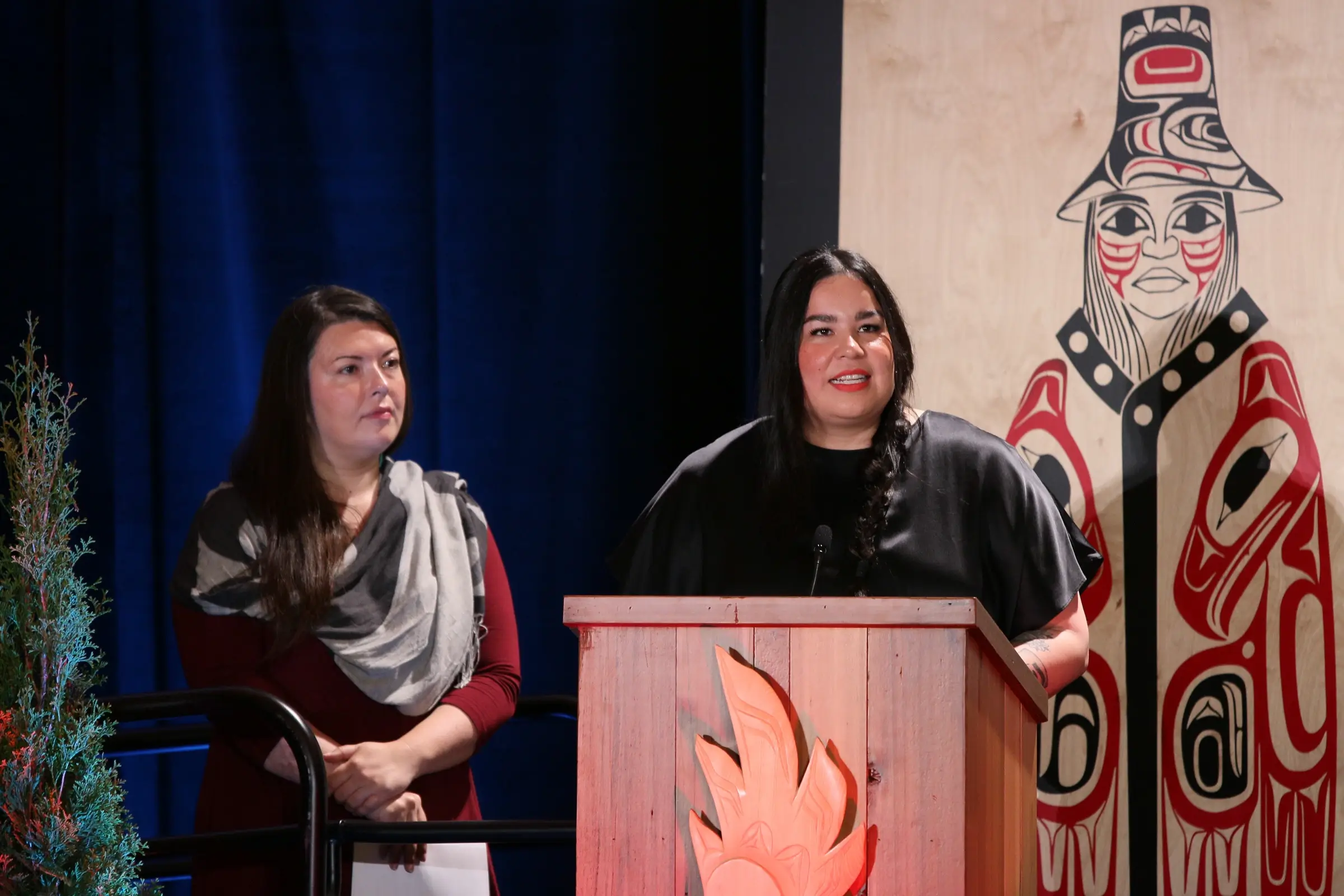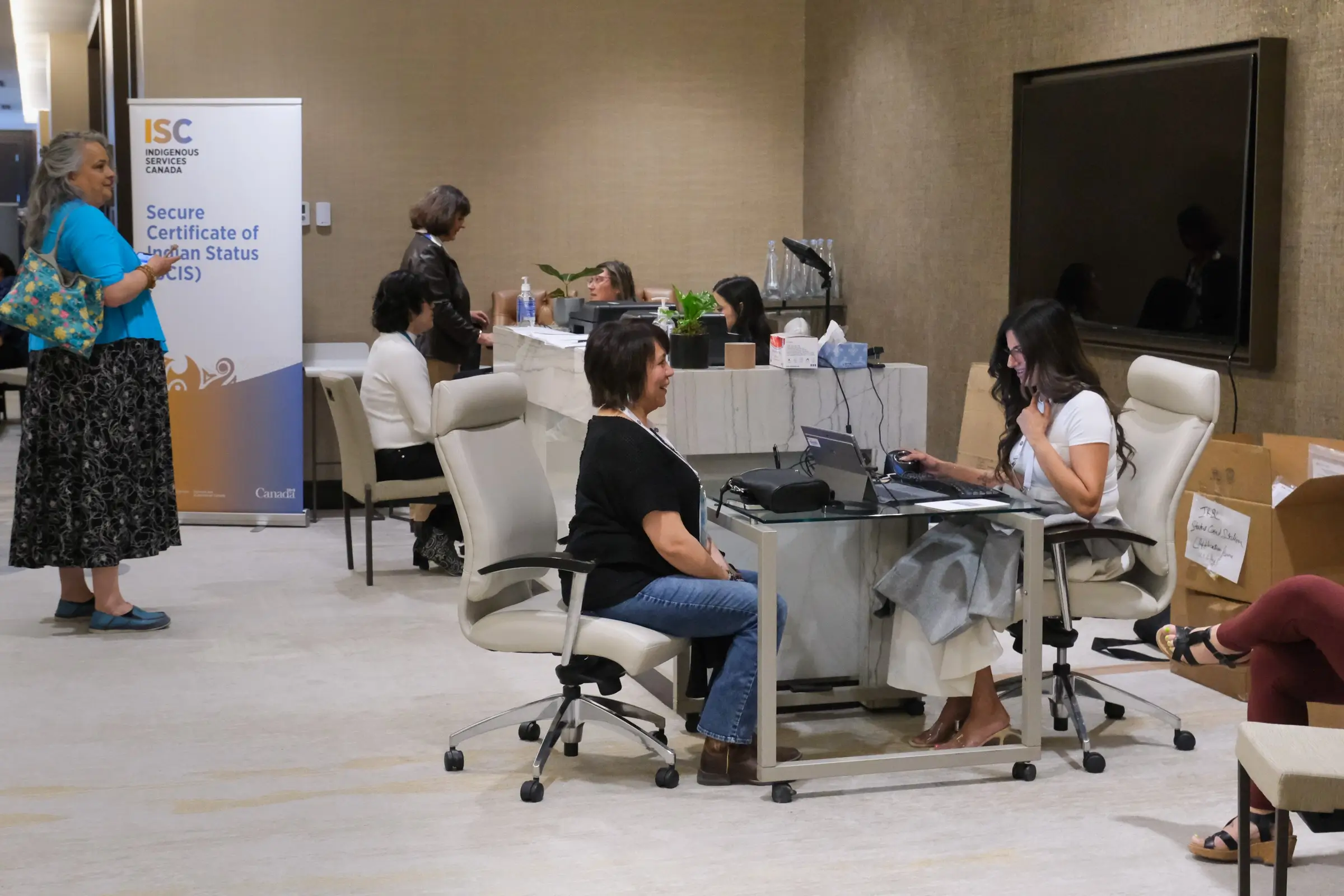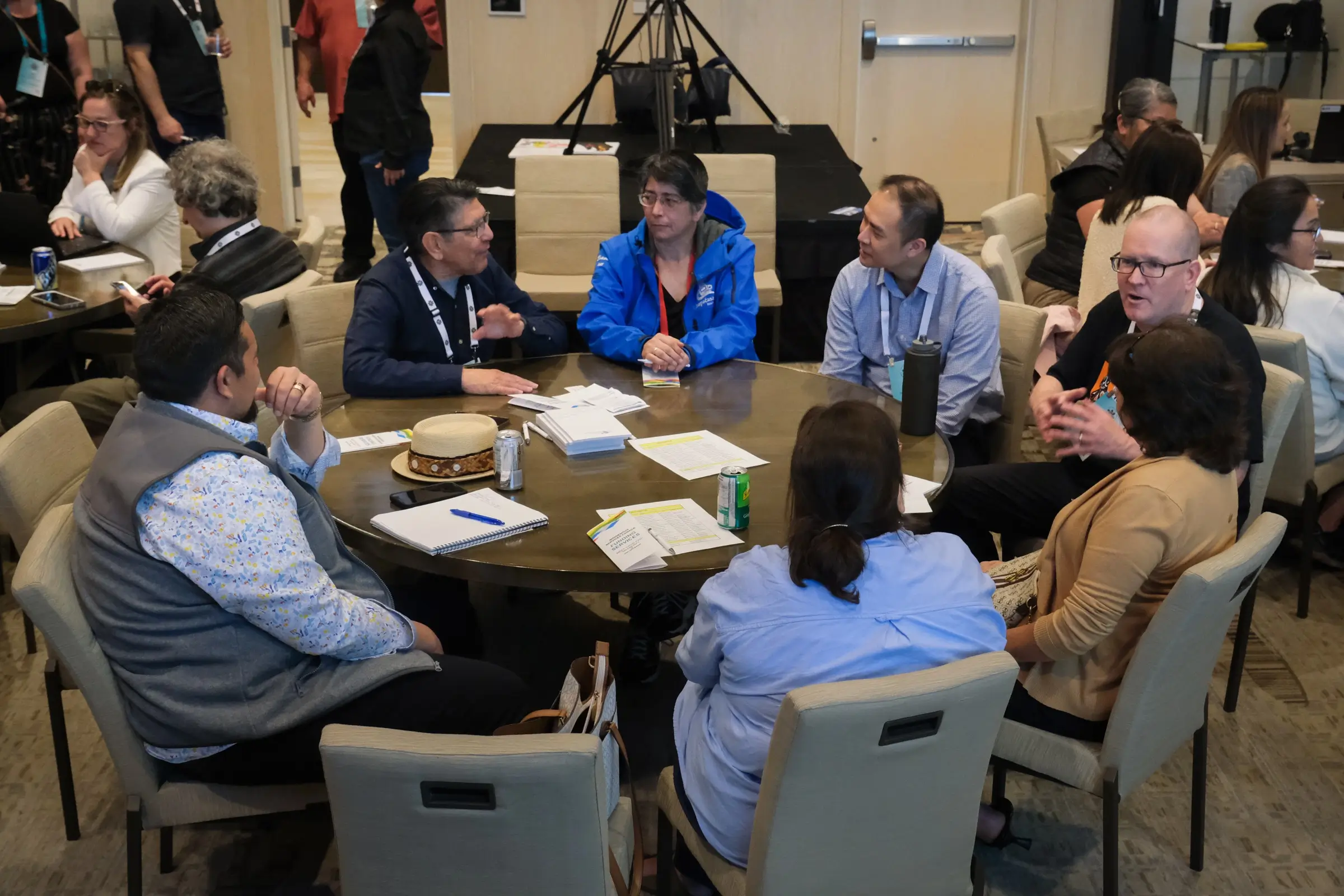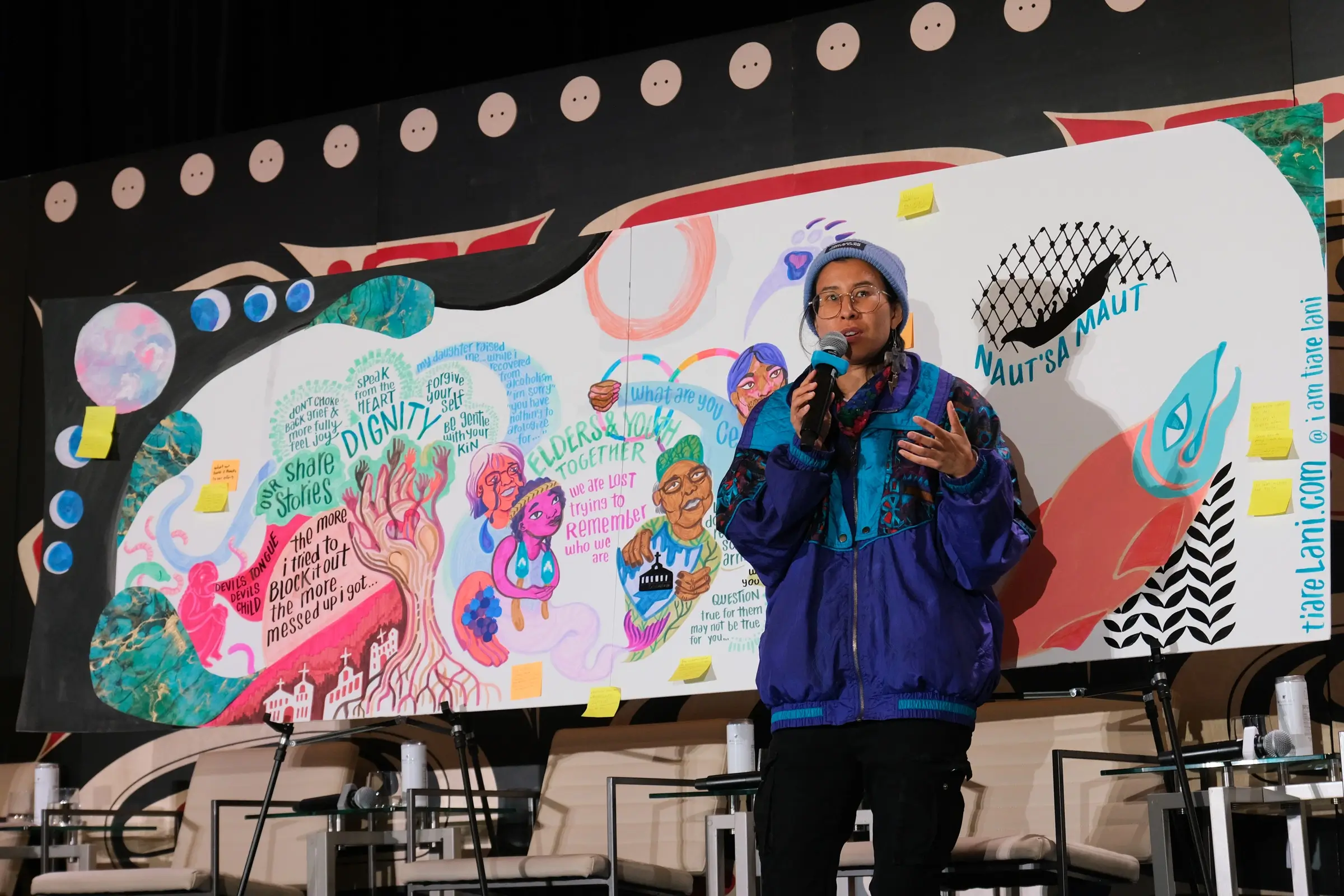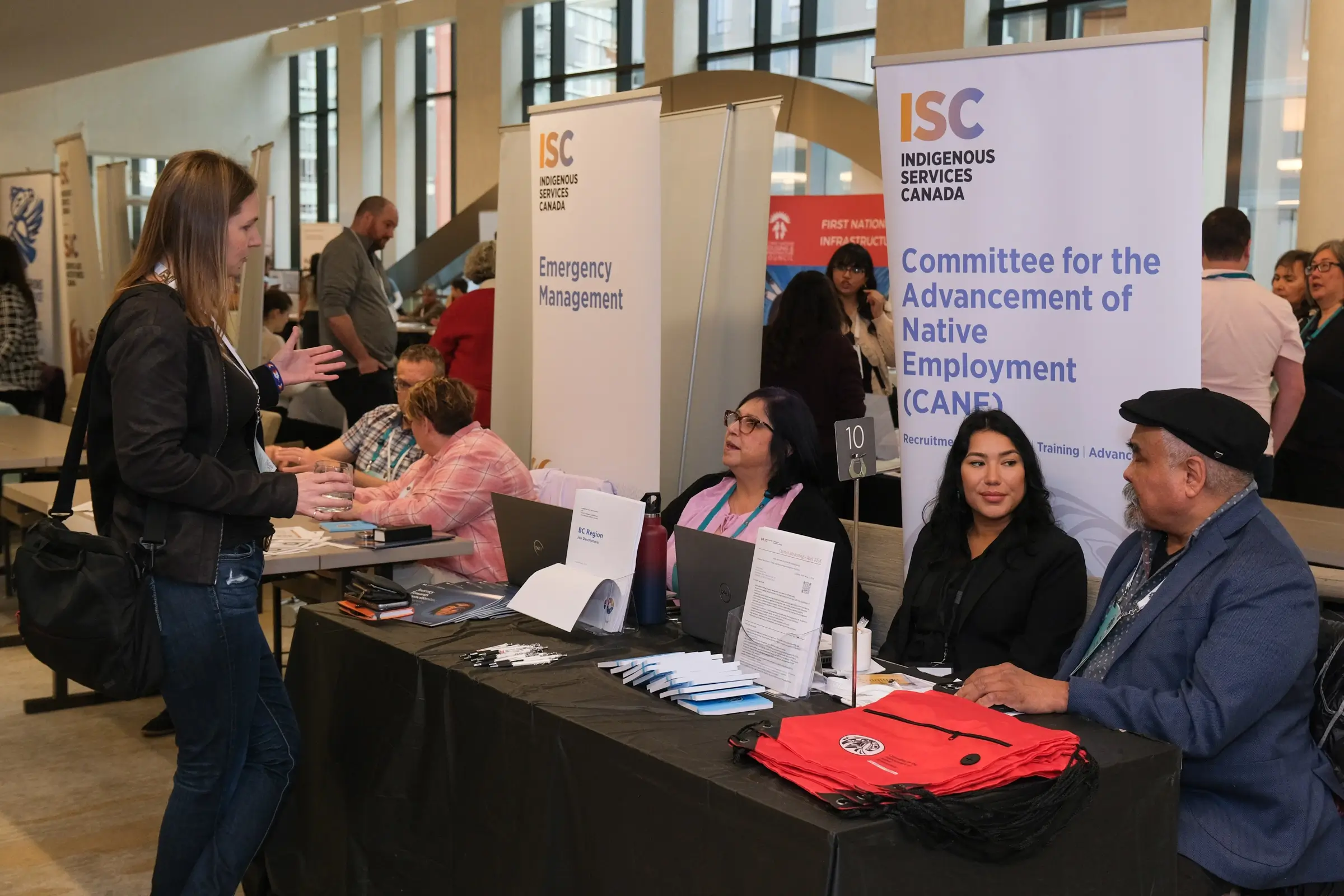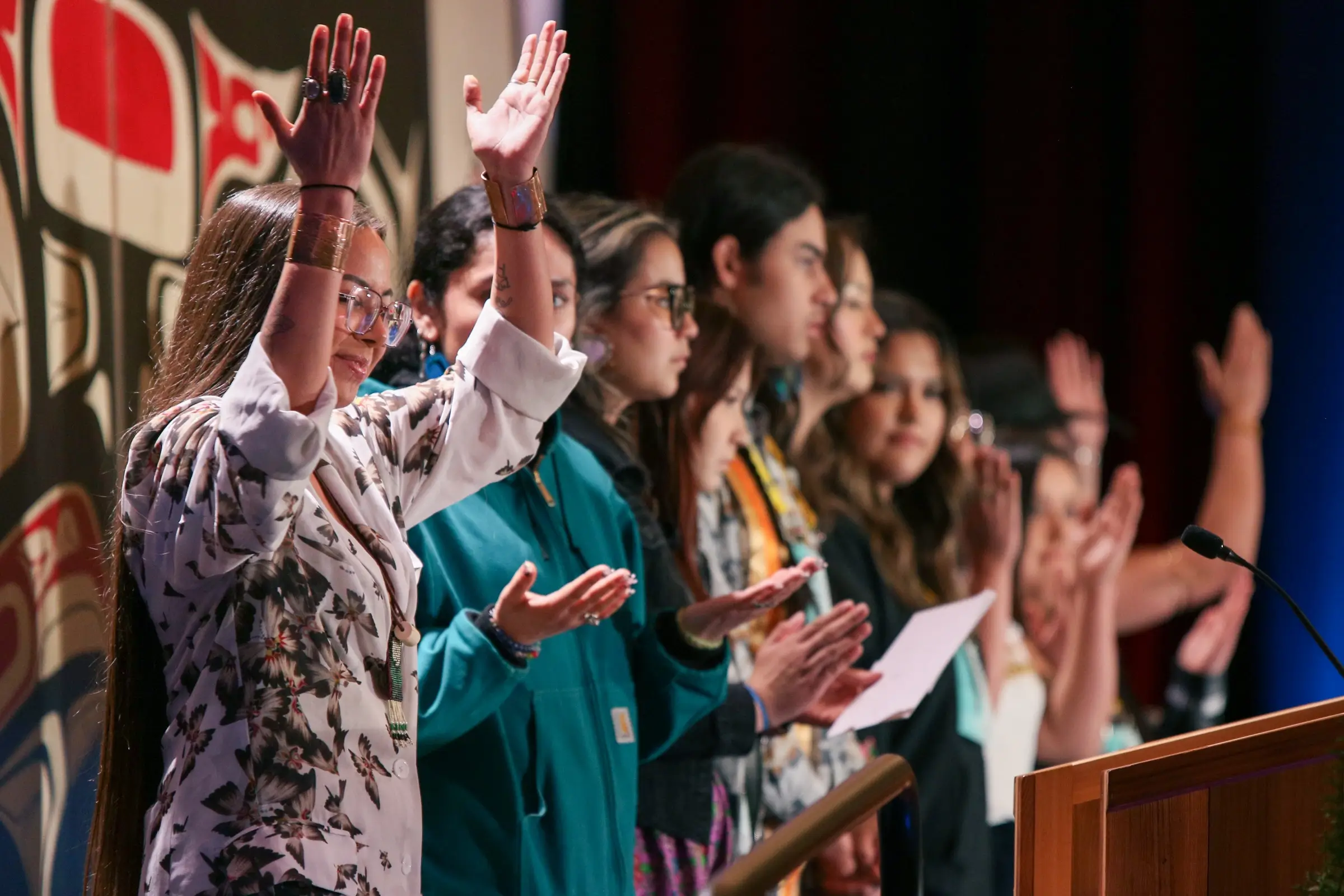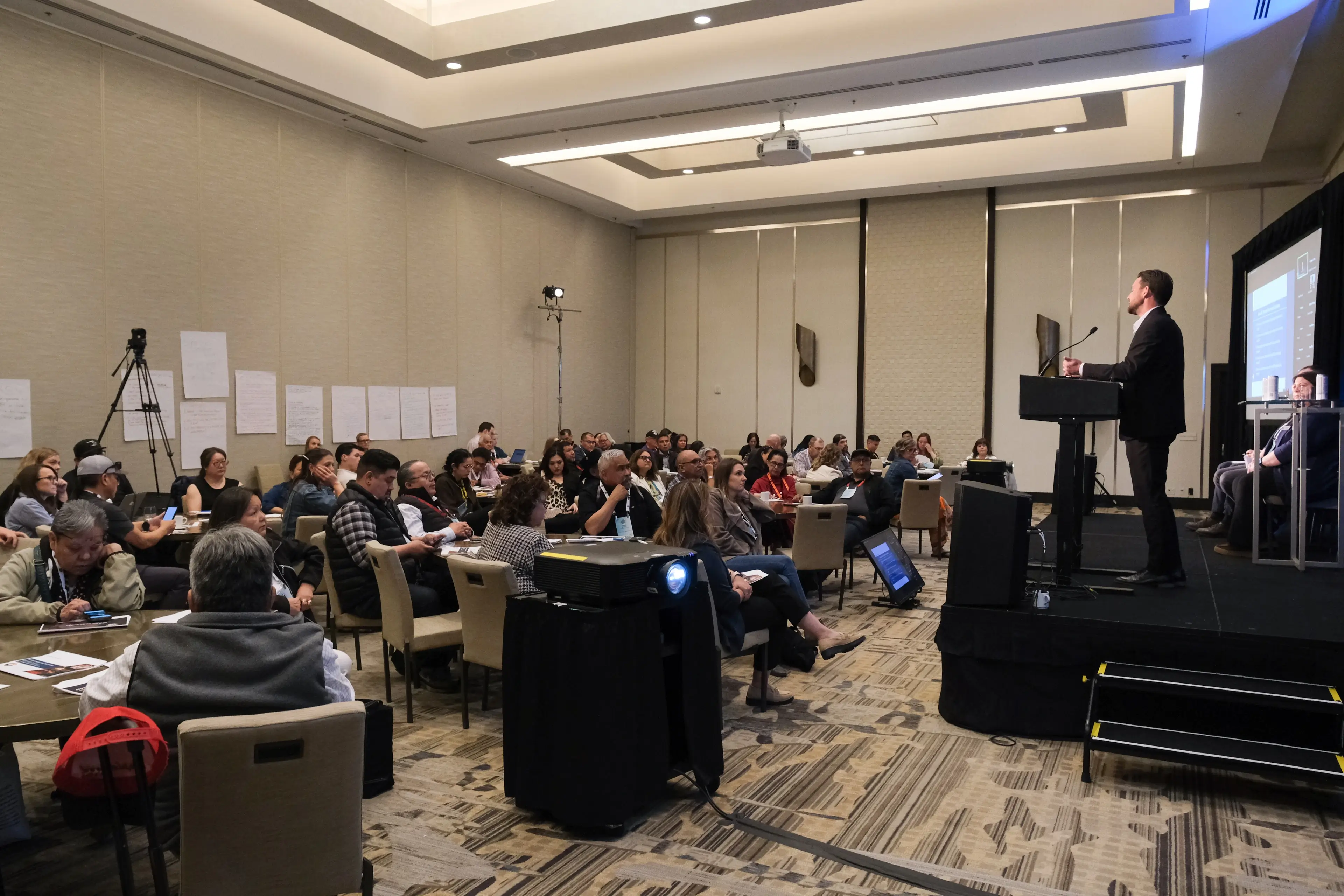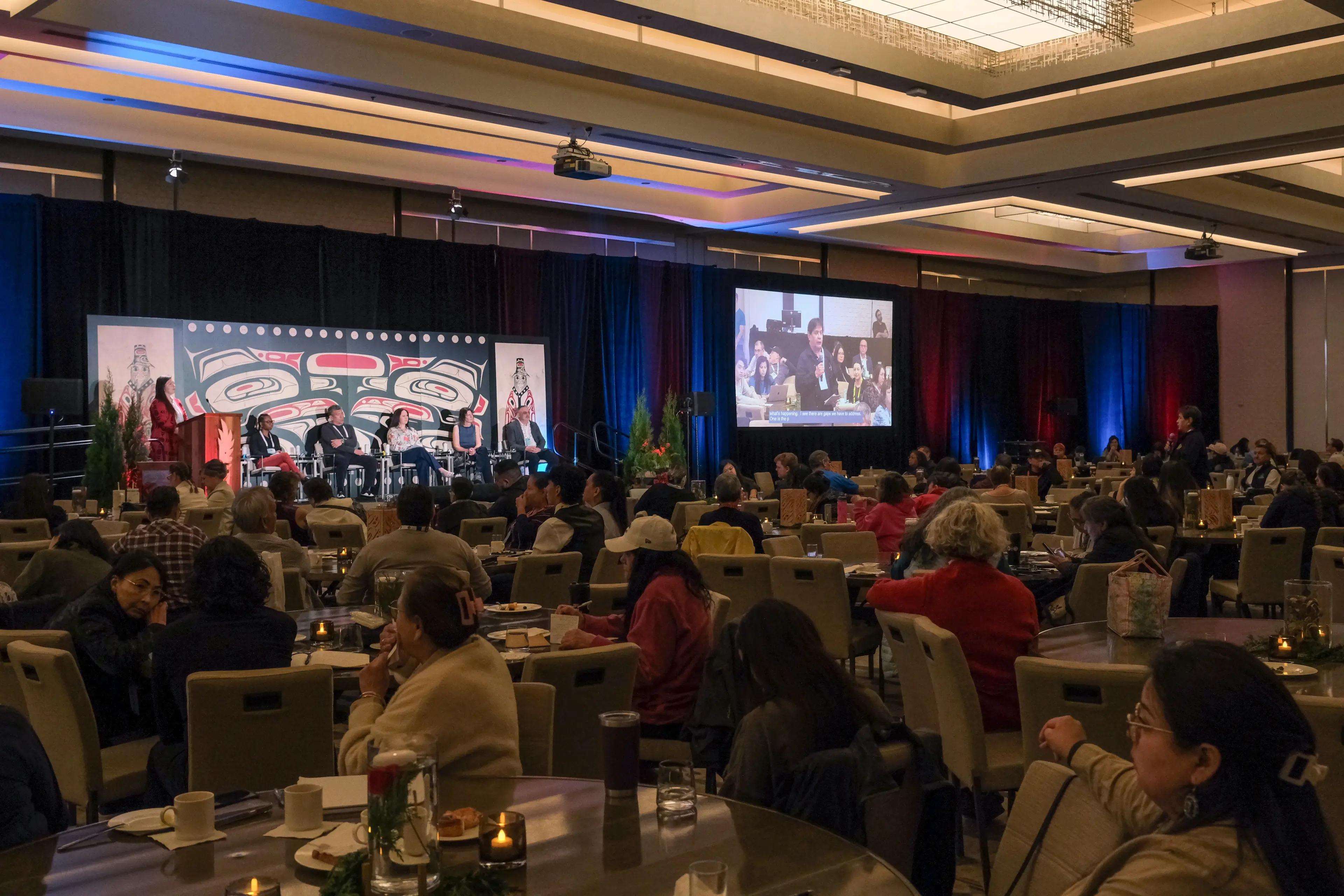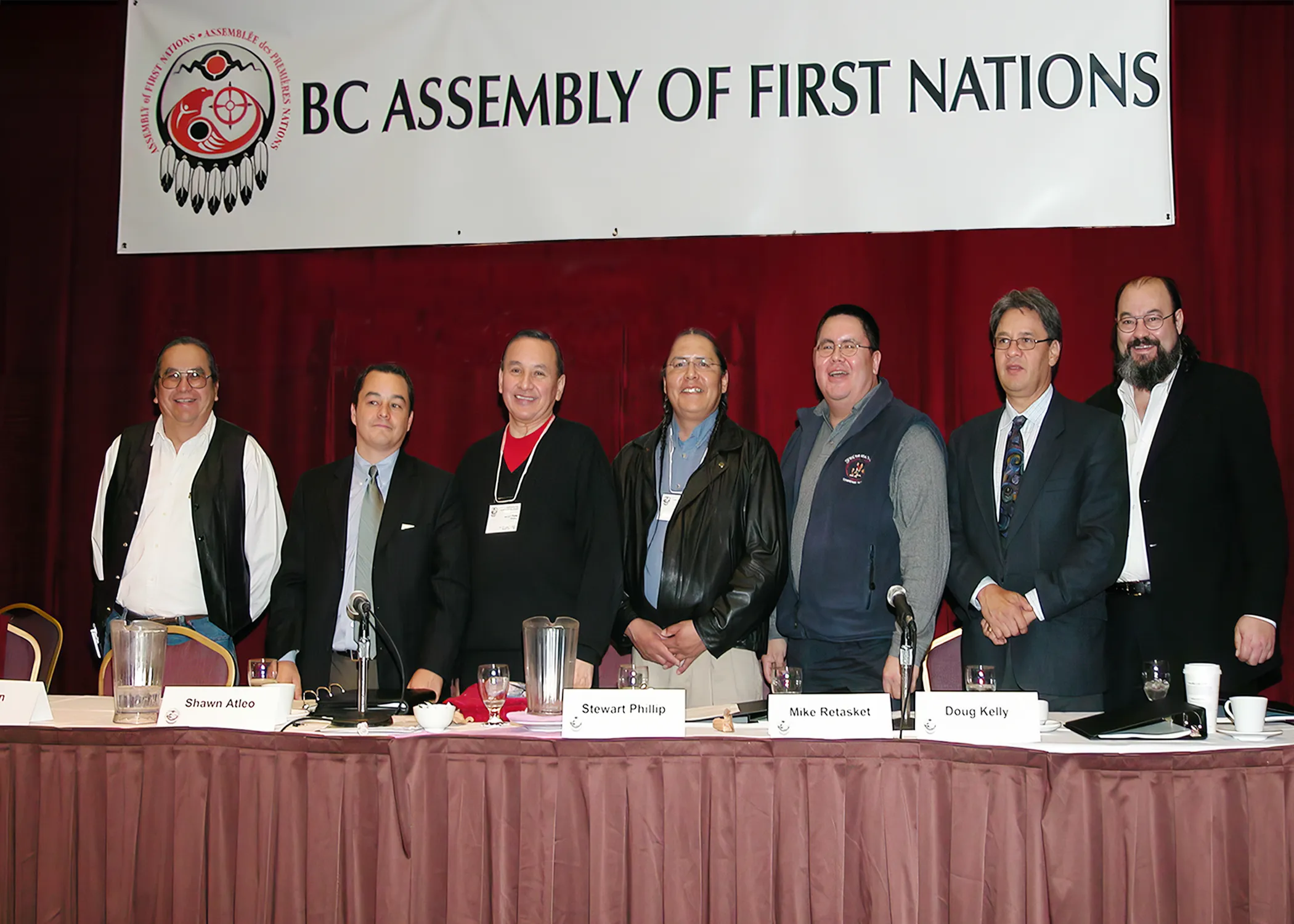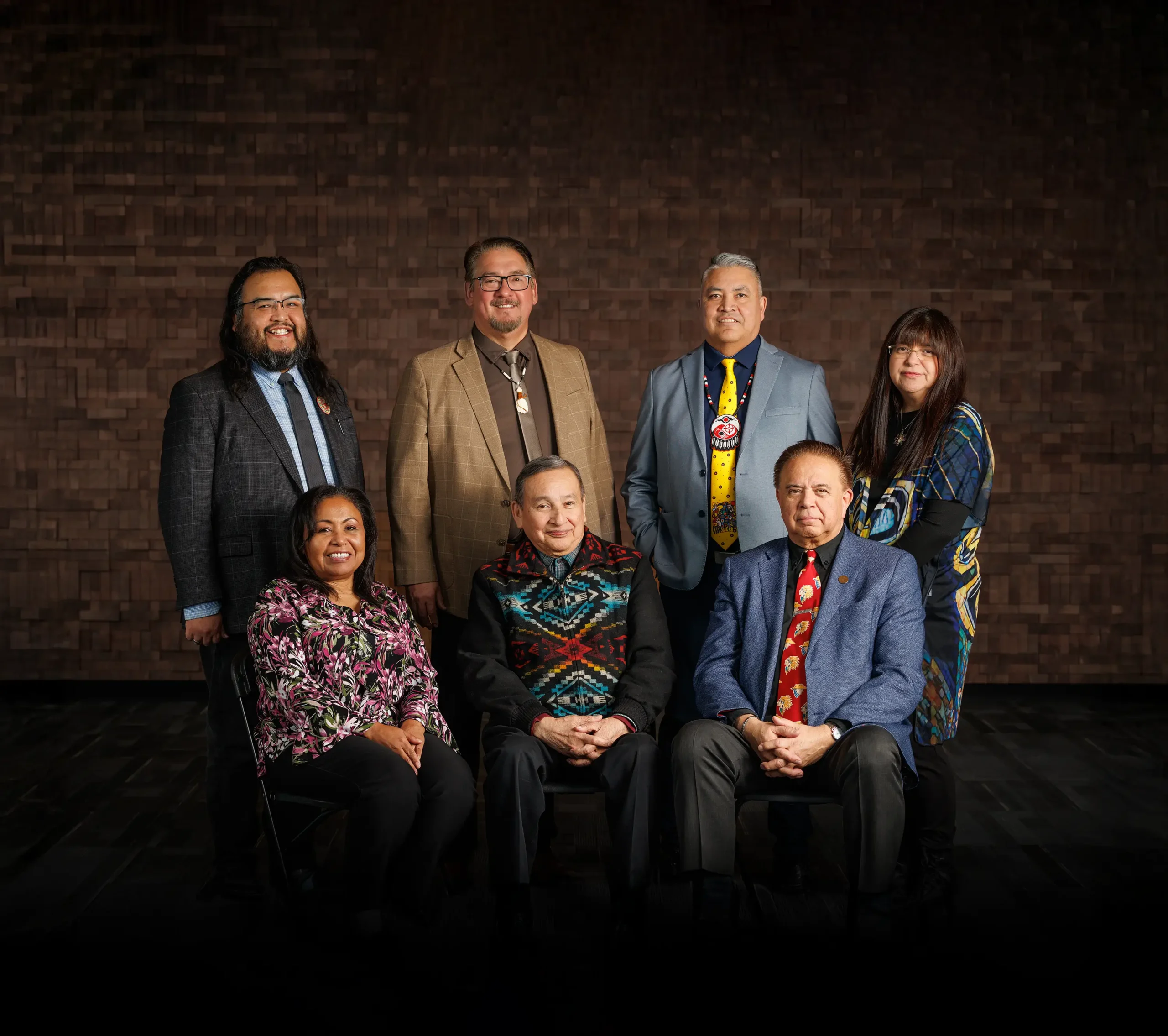Timeline
On March 17, 2025, leaders from three distinct BC First Nations political organizations put their differences aside to work together on matters of common concern, and to amplify the voices of their constituents through a political coalition called the First Nations Leadership Council (FNLC).
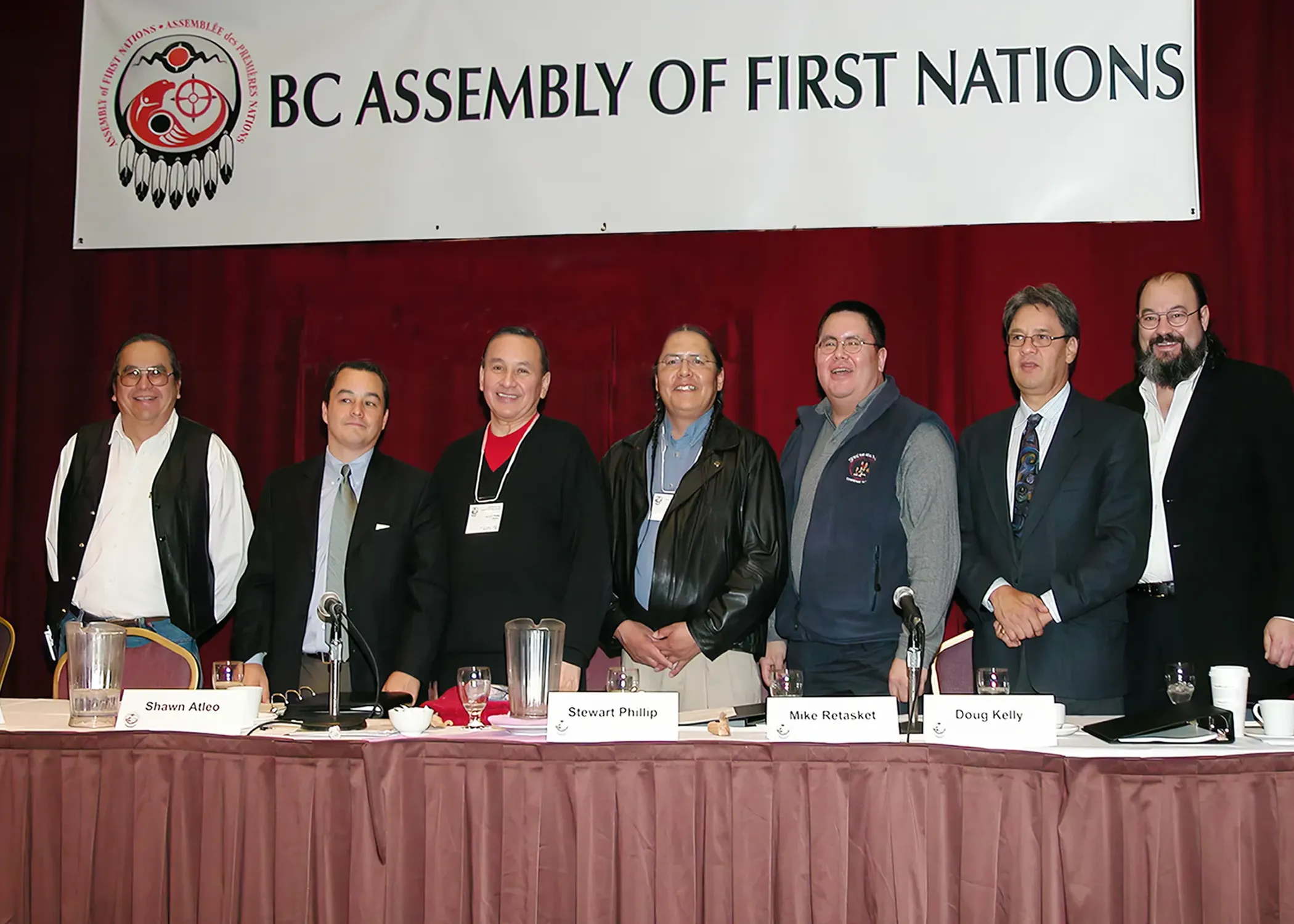
Pictured left to right: Chief Robert Shintah (UBCIC), Regional Chief Shawn Atleo (BCAFN), Grand Chief Stewart Phillip (UBCIC), Chief Mike Retasket (UBCIC), Grand Chief Doug Kelly (FNS), Grand Chief Edward John (FNS), and Dave Porter (FNS).
The First Nation Leadership Council was created through a Leadership Accord on March 17 that outlined a political framework for collective work through the union of the British Columbia Assembly of First Nations (BCAFN), the First Nations Summit (FNS), and the Union of B.C. Indian Chiefs (UBCIC).
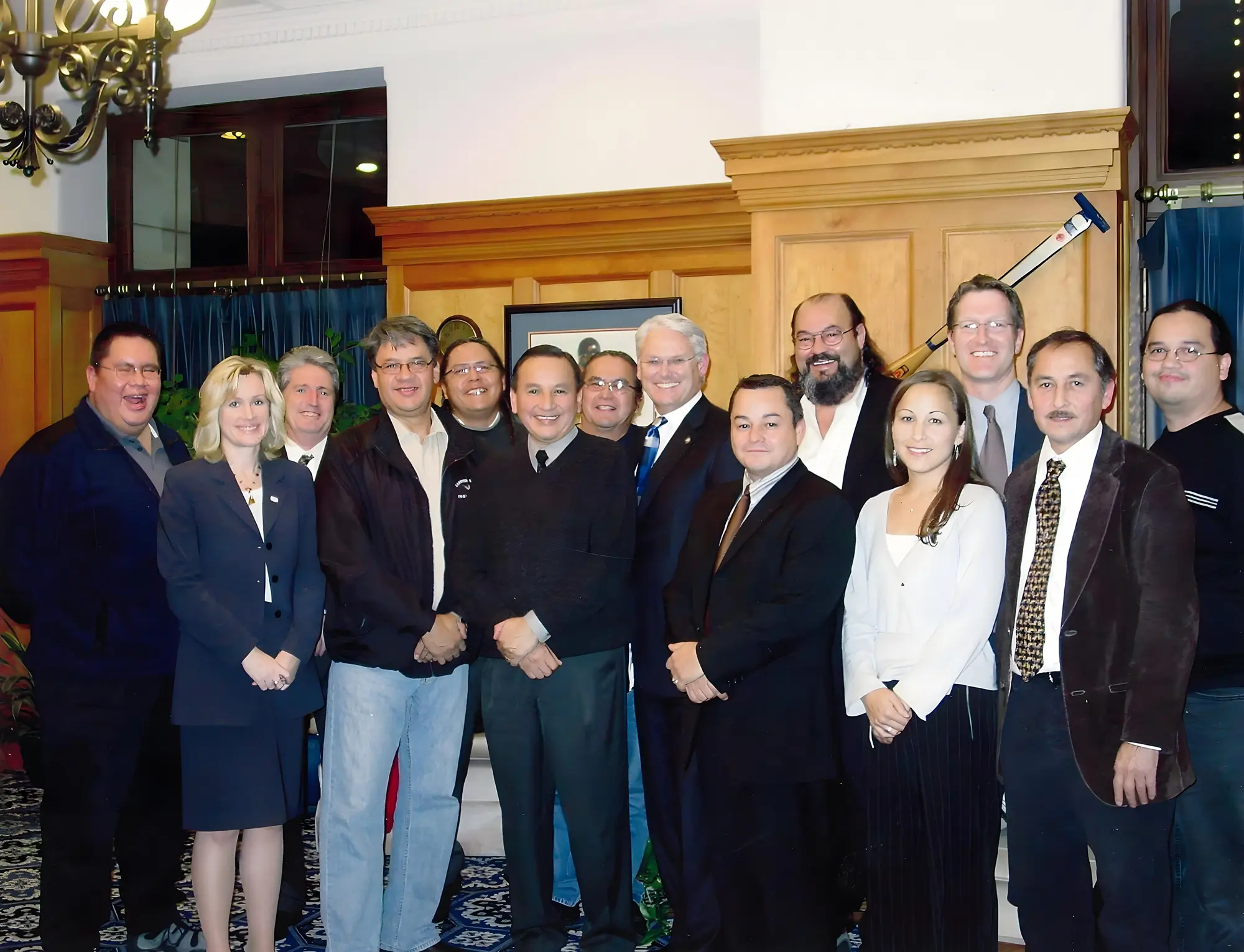
Pictured left to right: Grand Chief Doug Kelly (FNS), Jessica McDonald, Deputy Minister to the Premier, Lorne Brownsey, Deputy Minister of Aboriginal Relations and Reconciliation, Grand Chief Ed John (FNS), Chief Mike Retasket (UBCIC), Grand Chief Stewart Phillip (UBCIC), Chief Robert Shintah (UBCIC), Premier Gordon Campbell, Regional Chief Shawn Atleo (BCAFN), Dave Porter (FNS), Stacey Edzerza-Fox, Legal Counsel (FNS), Tom Chistensen, Minister of Aboriginal Relations and Reconciliation, Allen Edzerza, Advisor to BC, Don Bain, Executive Director (UBCIC).
In April, the FNLC entered into a new relationship with the B.C. government, committing to recognizing Aboriginal title and rights, to respecting each other’s laws and responsibilities, and to reconciling both Aboriginal and Crown titles and jurisdictions.
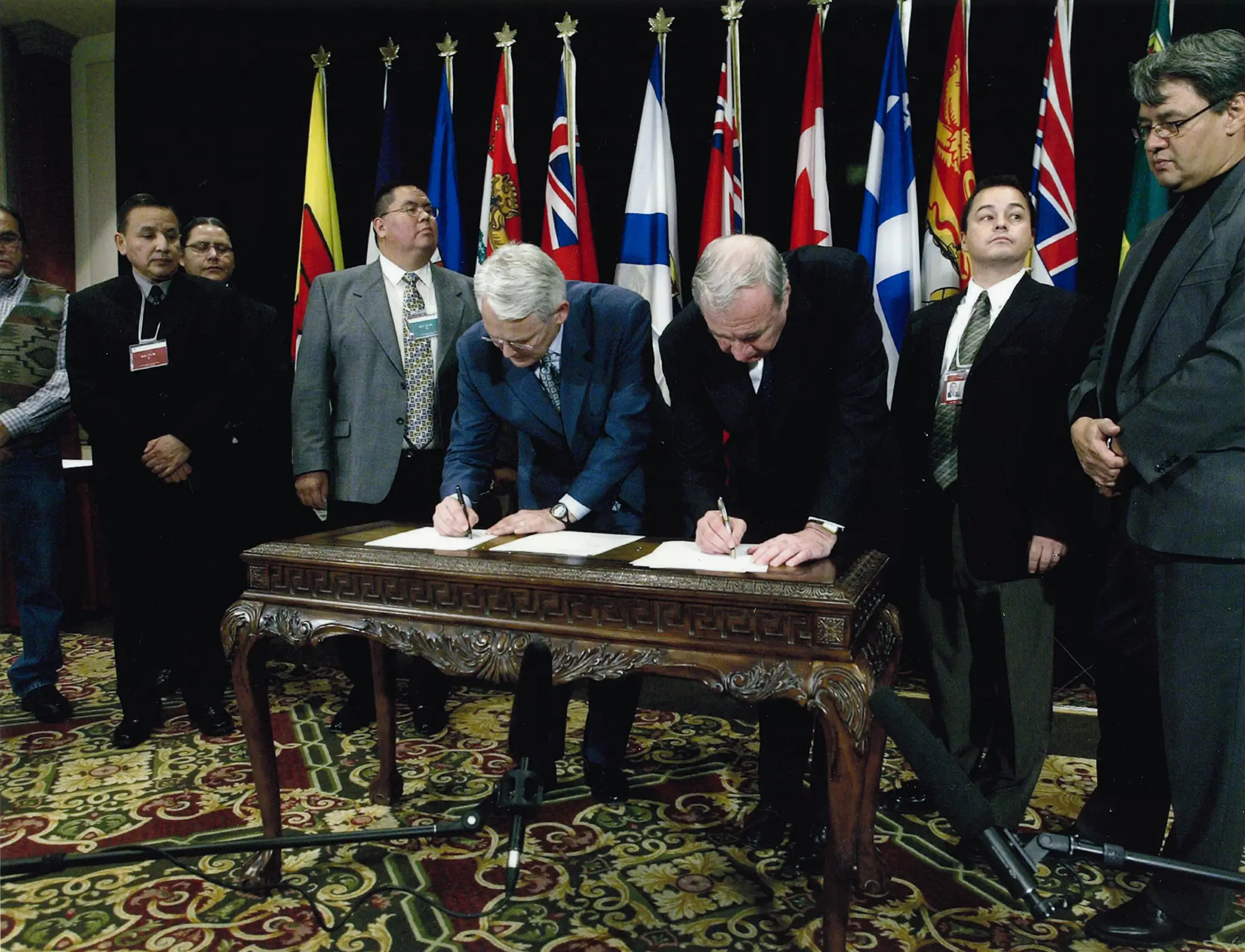
The FNLC played a crucial role in the development of the Transformative Change Accord between First Nations, British Columbia, and Canada, which aimed to improve socio-economic conditions for Indigenous peoples.
The Province of B.C., in partnership with the FNLC, created the New Relationship Trust, a well-recognized non-profit corporation that supports First Nations’ access to sustainable capital. The Trust has funded 8,442 projects since 2006, providing grants totaling $185 million.
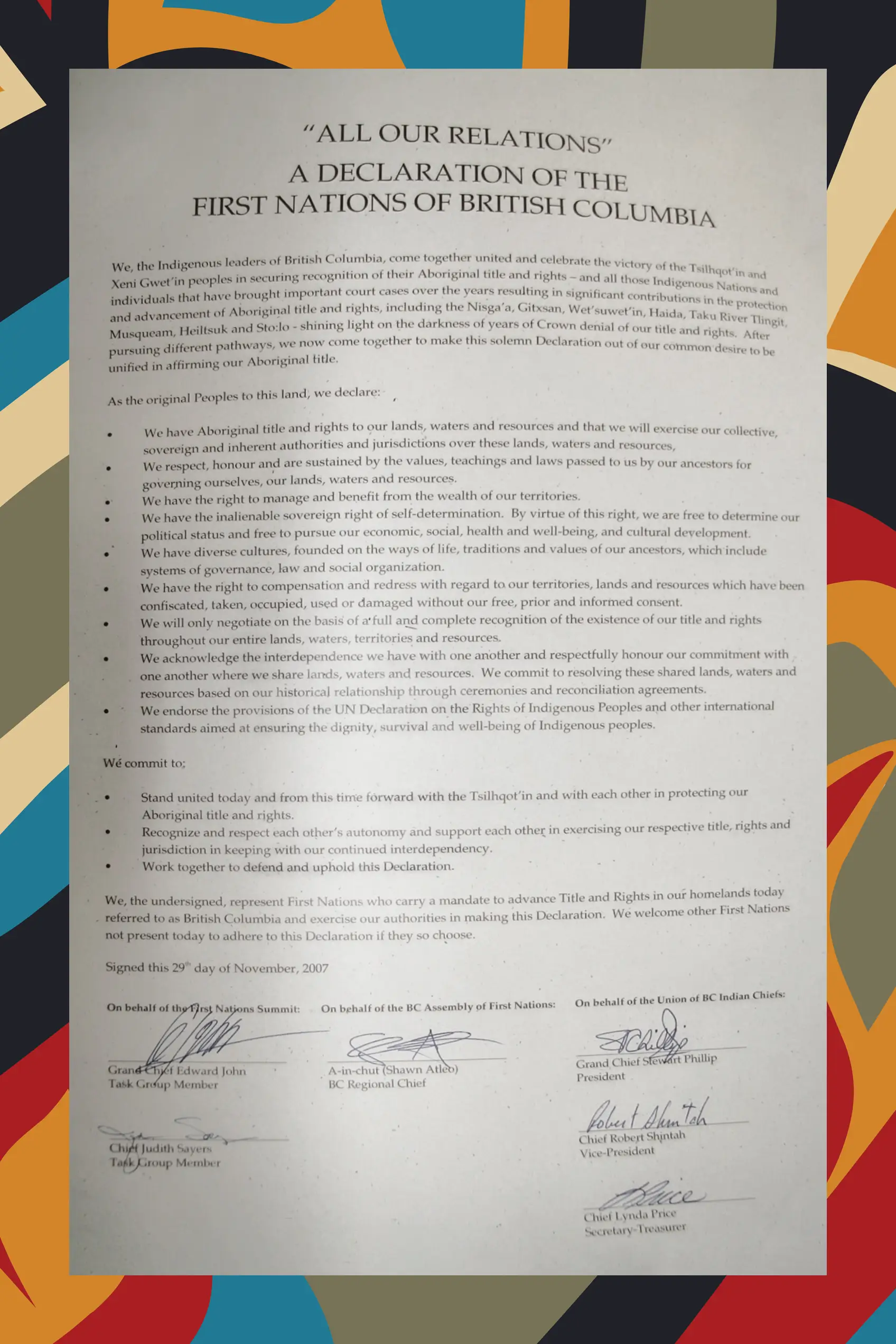
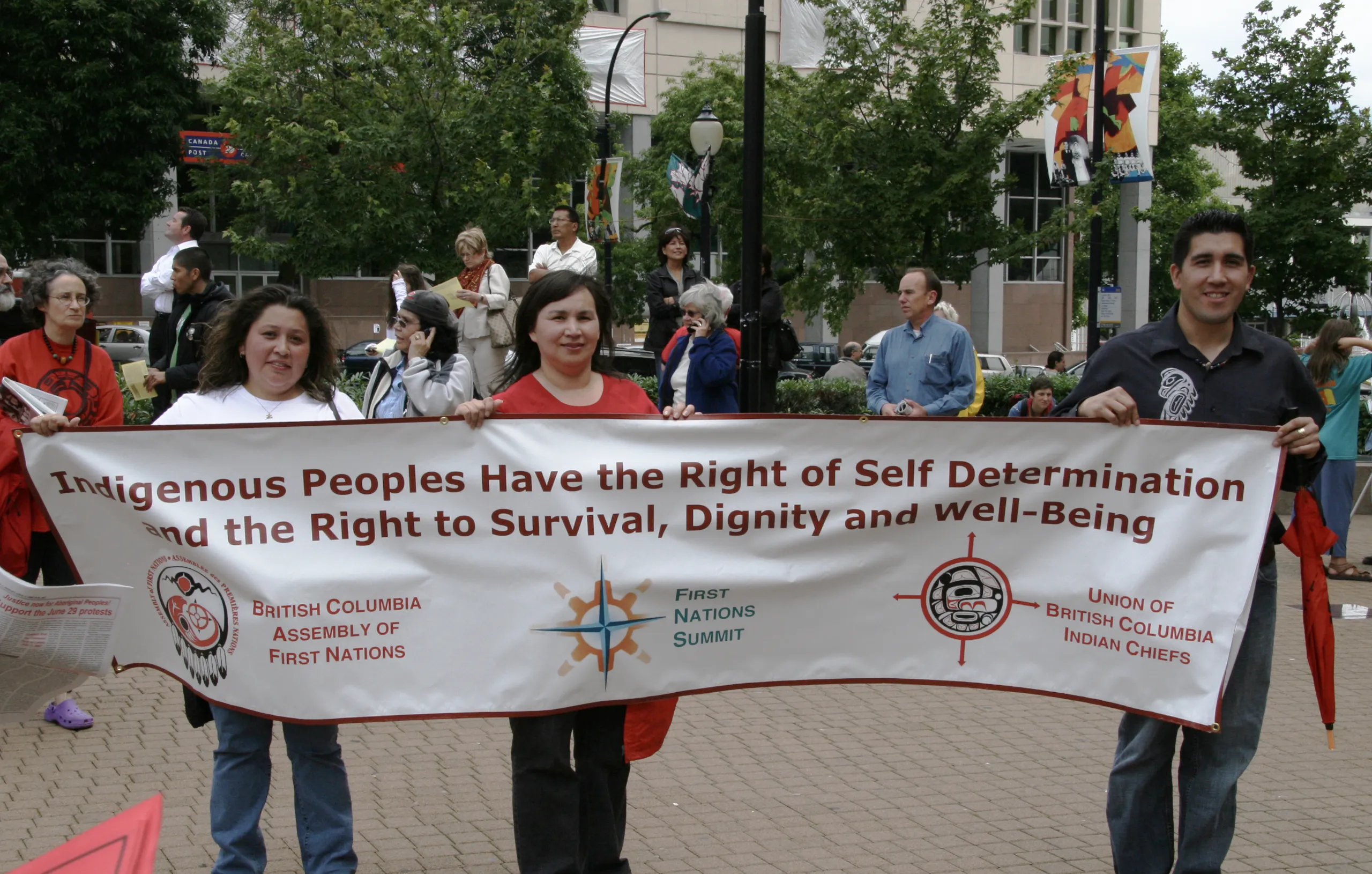
The FNLC was actively involved in advocacy for the United Nations Declaration on the Rights of Indigenous Peoples (UN Declaration), which Canada later adopted in 2016.

The FNLC convened an “Indigenous Child at the Centre” Forum.
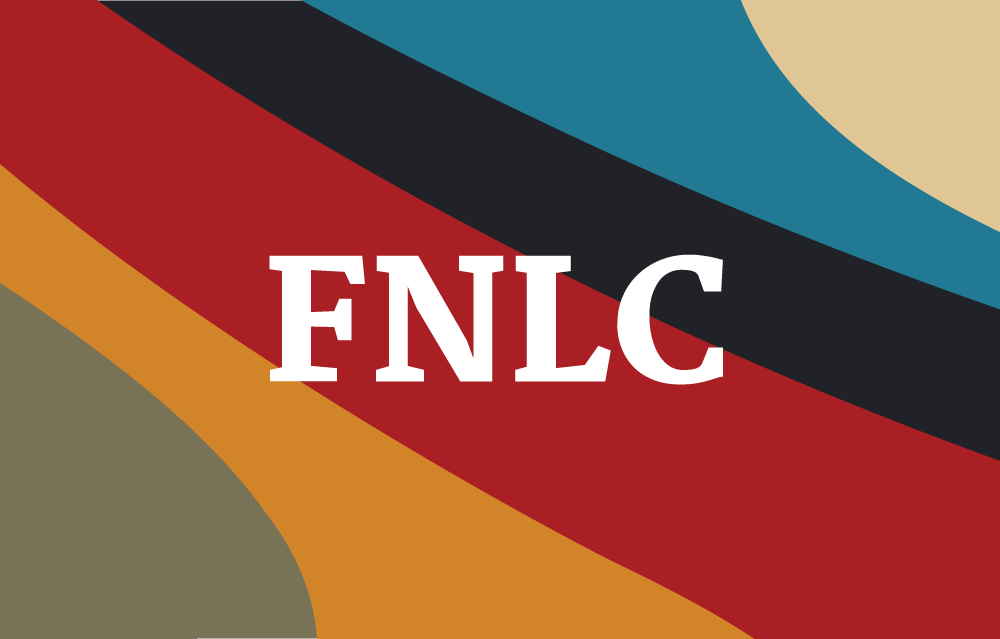
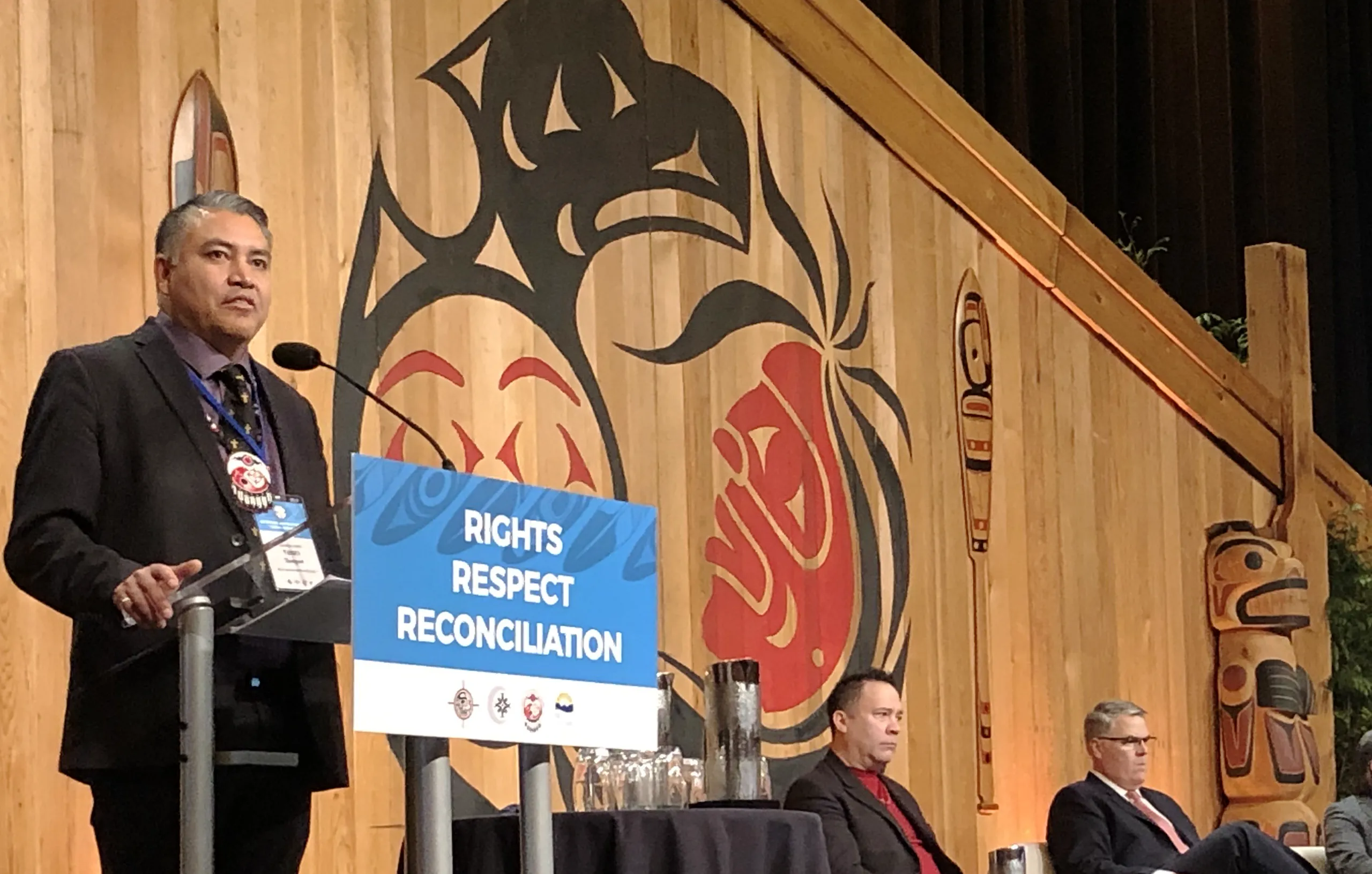
The FNLC and B.C. convened the first B.C. Cabinet & First Nations Leadership Gathering, an annual forum where First Nations leaders and the B.C. government discuss priorities, strengthen partnerships, and advance reconciliation.
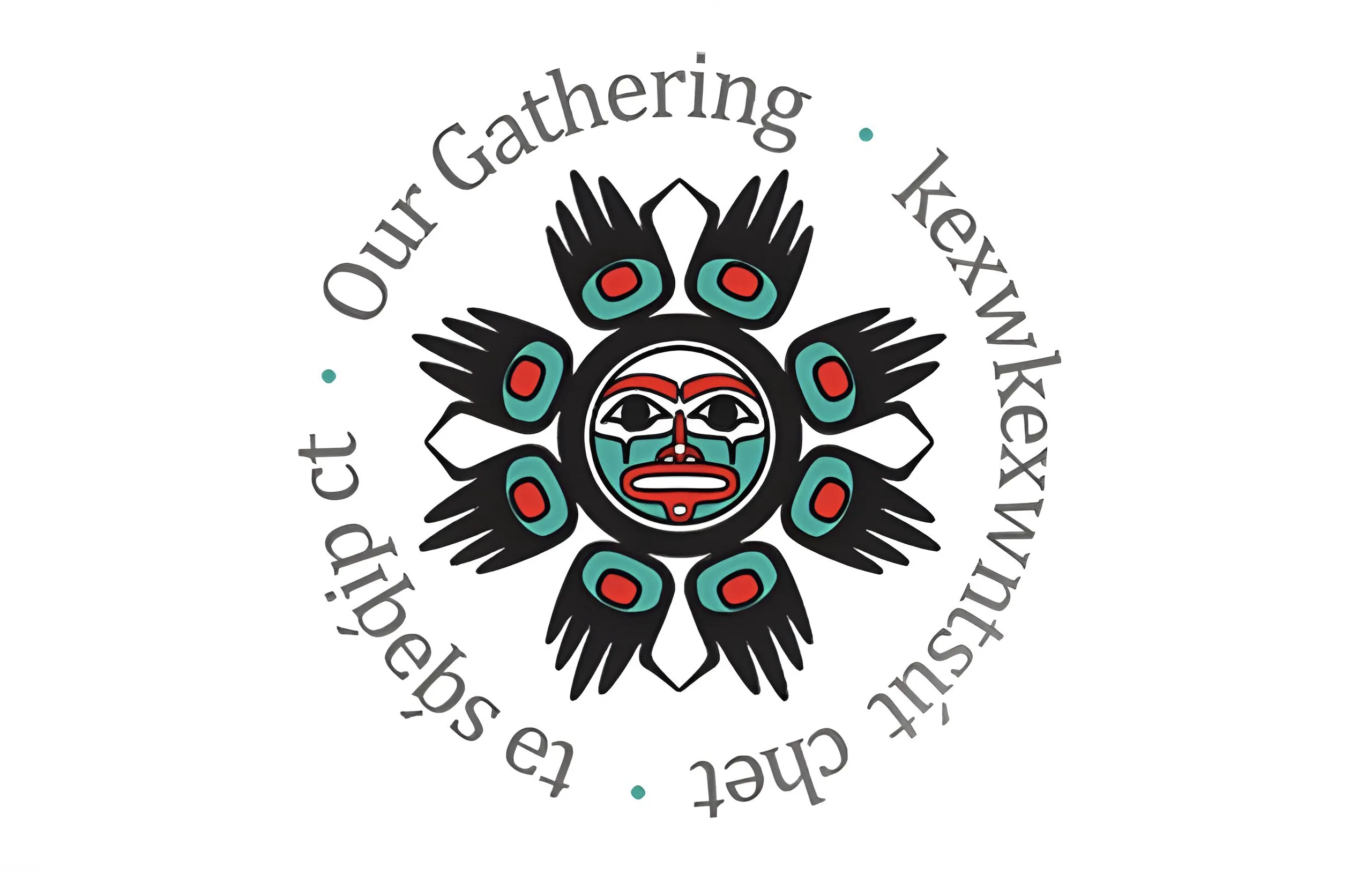
The Joint Leadership Gathering, a political forum between First Nations in B.C. and Canada, focused on relations and strategy, was created; it was later renamed Our Gathering, kexwkexwntsút chet, tə sq̓əq̓ip ct.

The FNLC created the first Commitment Document, which clarified shared principles to guide relations, and a joint action plan.

The Reconciliation Charter for First Nations Child and Family Well-Being in B.C. was created.

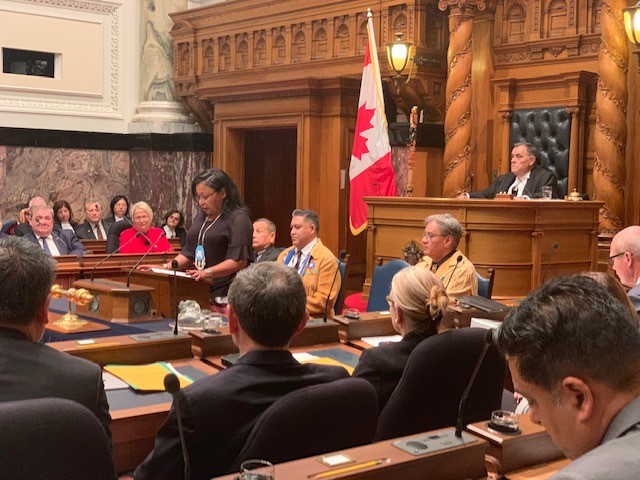
The FNLC played a critical role in co-developing the Declaration on the Rights of Indigenous Peoples Act (Declaration Act), which, coupled with the Declaration Act Action Plan, aims to integrate the UN Declaration into the government of B.C. as the framework for reconciliation, as called for by the Truth and Reconciliation Commission’s Calls to Action.
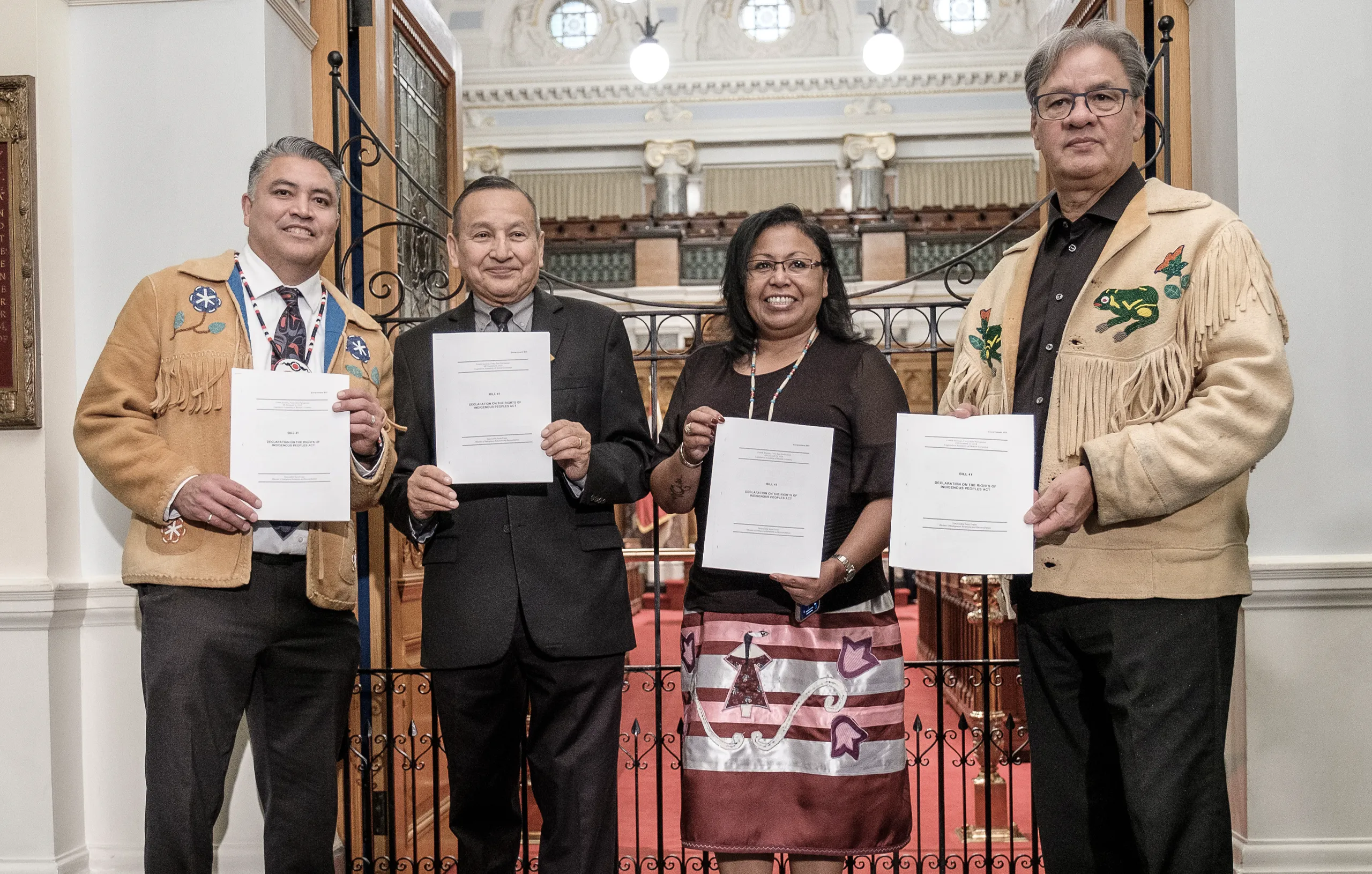
The FNLC released an update on the United Nations Declaration on the Rights of Indigenous Peoples Legislation in B.C.

The Directives on Civil Litigation Involving Indigenous Peoples were issued to shift away from adversarial patterns that hindered First Nations participation in government.
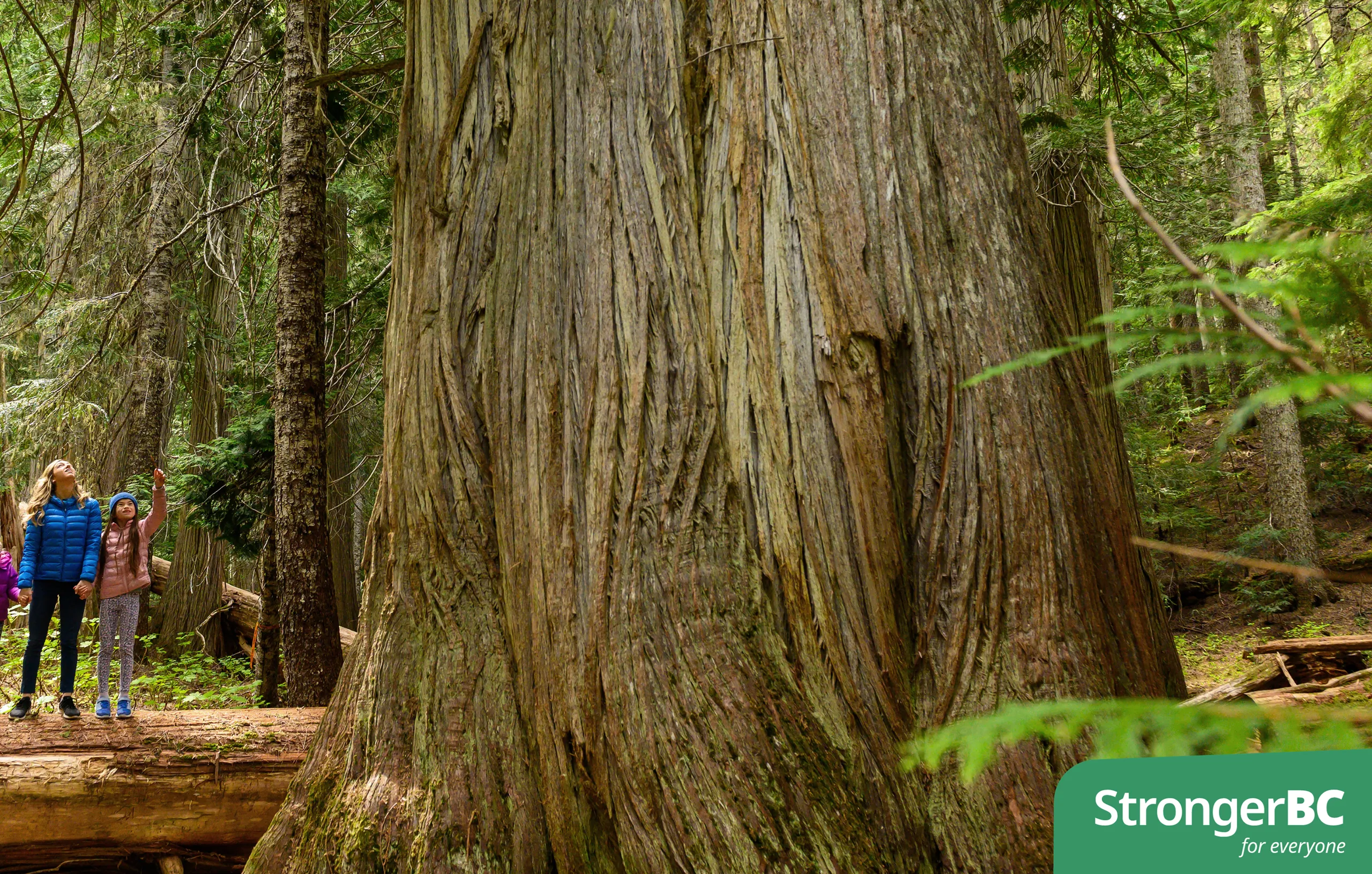
The Tripartite Framework Agreement on Nature Conservation was created, which is a commitment of up to $500 million in federal funding until 2030, matching existing provincial investments.
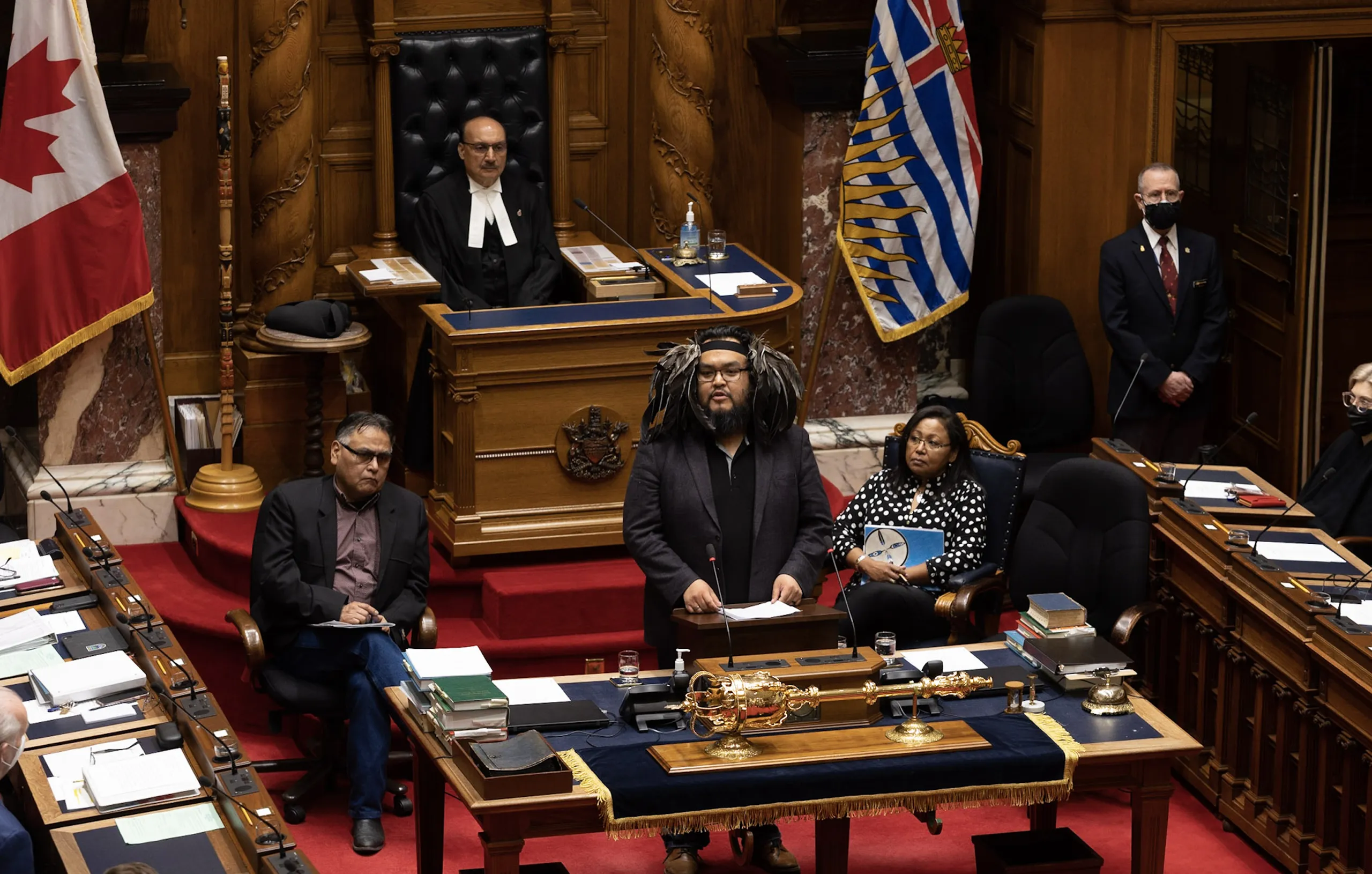
As mandated by resolutions, the FNLC created the BC First Nations Climate Strategy and Action Plan, which includes 20 Urgent Calls for Climate Action.

The governments of Canada, British Columbia, and the First Nations Leadership Council sign the historic tripartite nature conservation framework agreement.
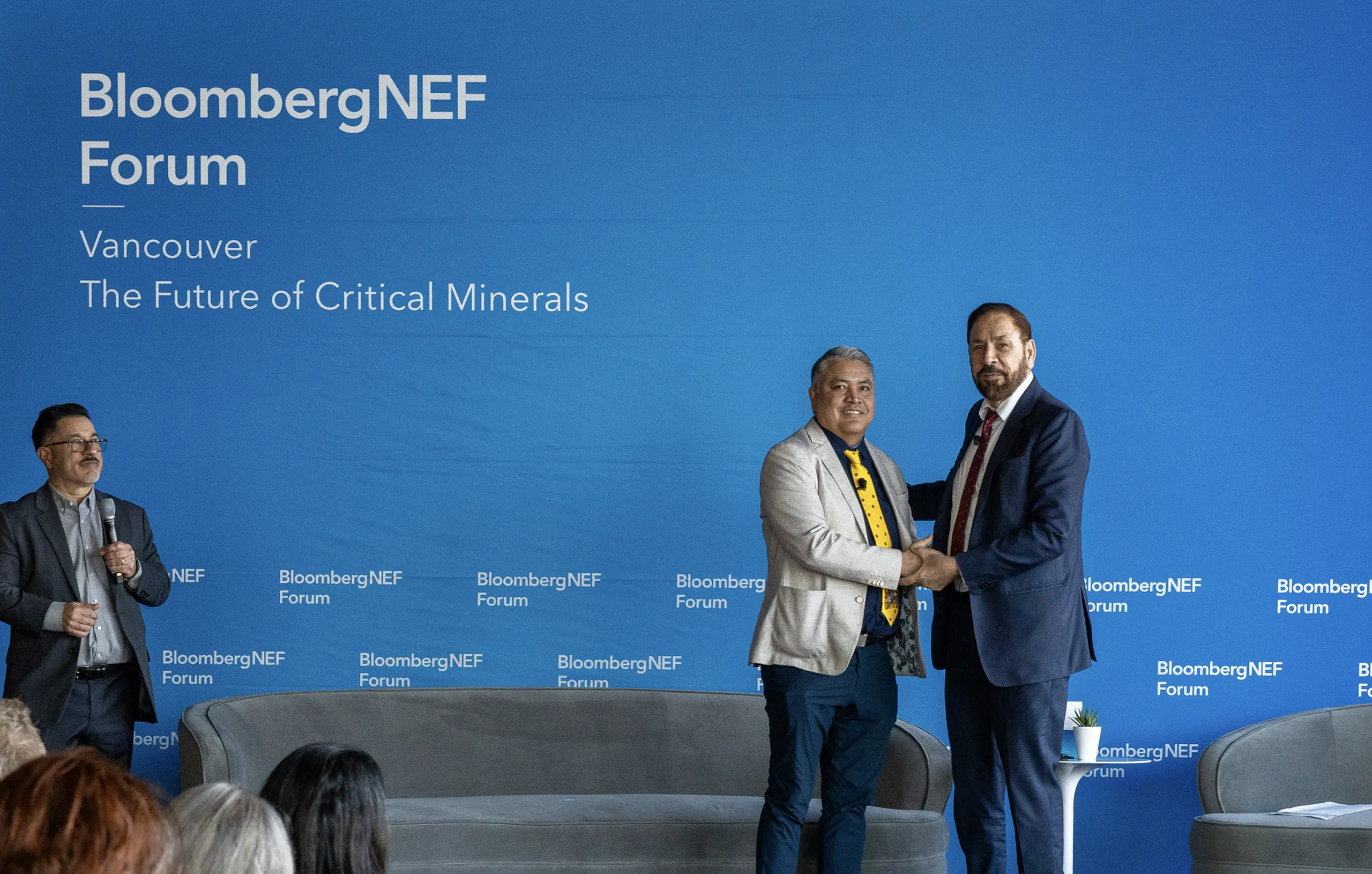
The FNLC continues to release statements on current and pressing issues, such as the Lack of Progress in Improving First Nations Housing and Infrastructure, the Mineral Tenure Act, and the Land Act, to name a few.

A massive expansion in co-development scope of work on laws, policies and practices, including changes to the Interpretation Act, the Child, Family, and Community Services Act (CFCSA), the Emergencies Act, and co-development of new policies in the provincial government, including the Distinctions-Based Approach.
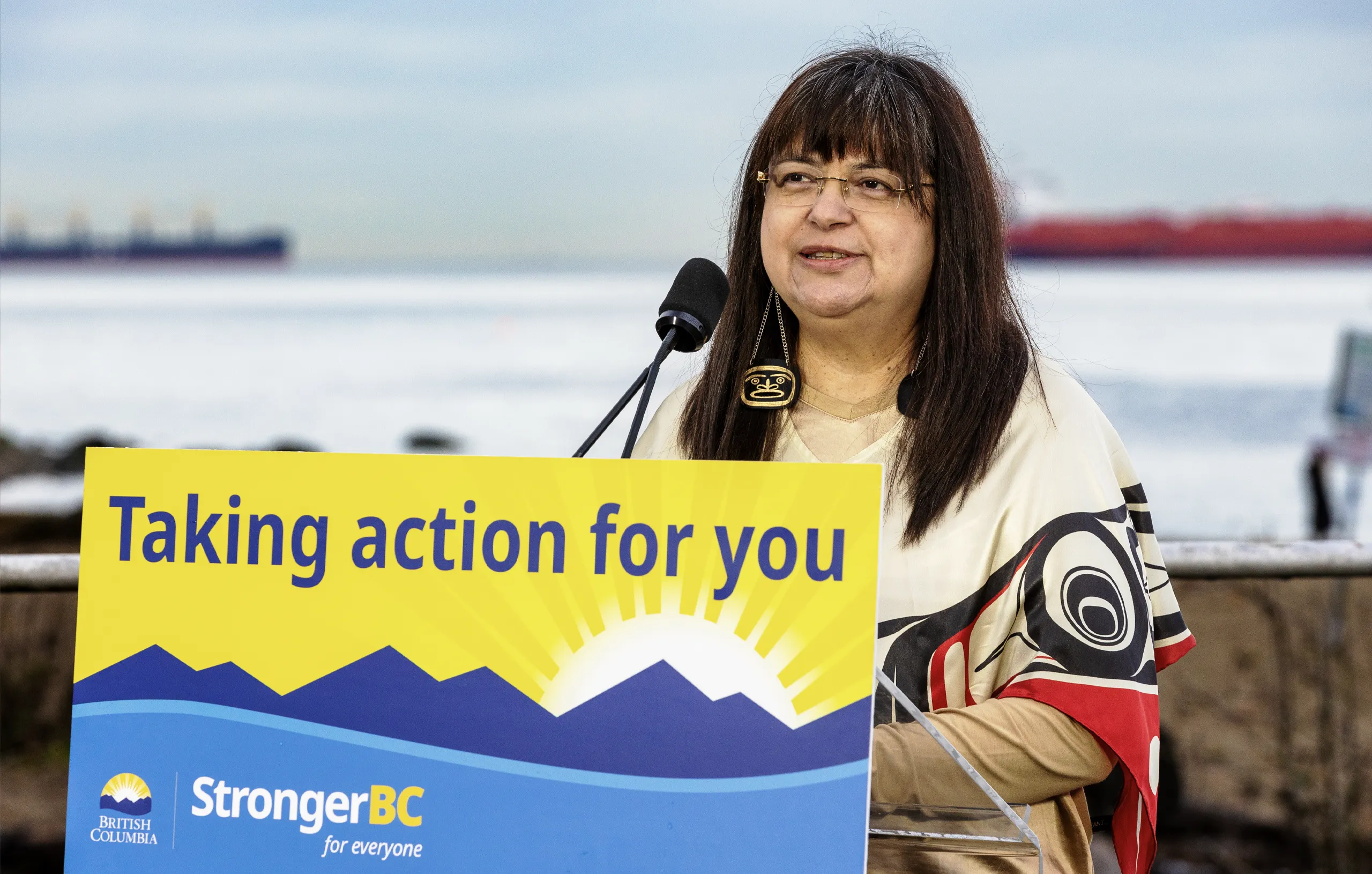
Ongoing work between the FNLC, sectoral organizations and all levels of government.
